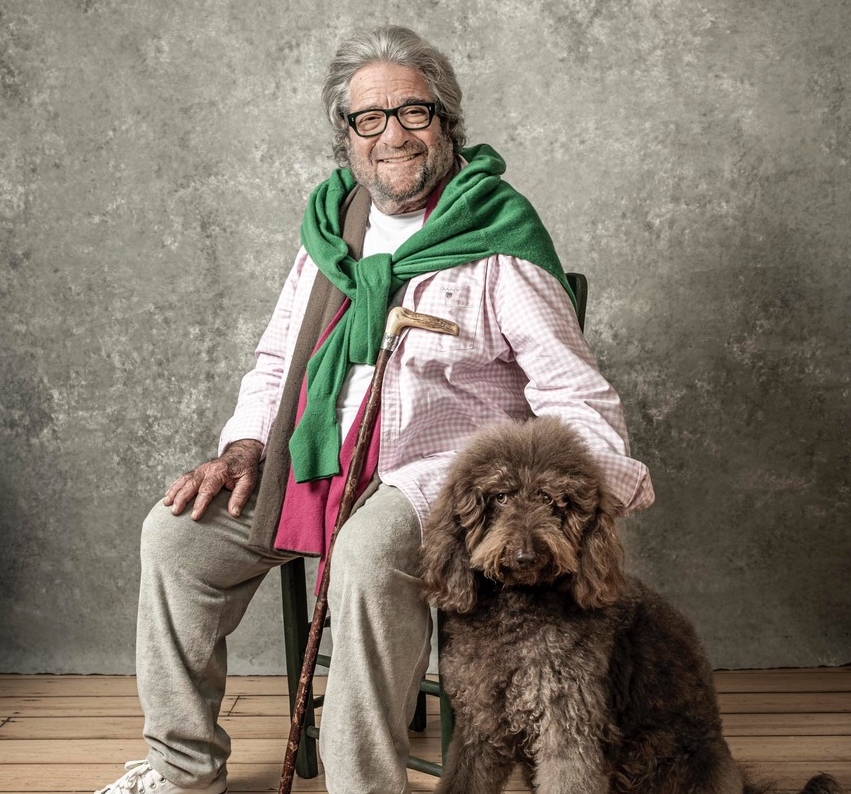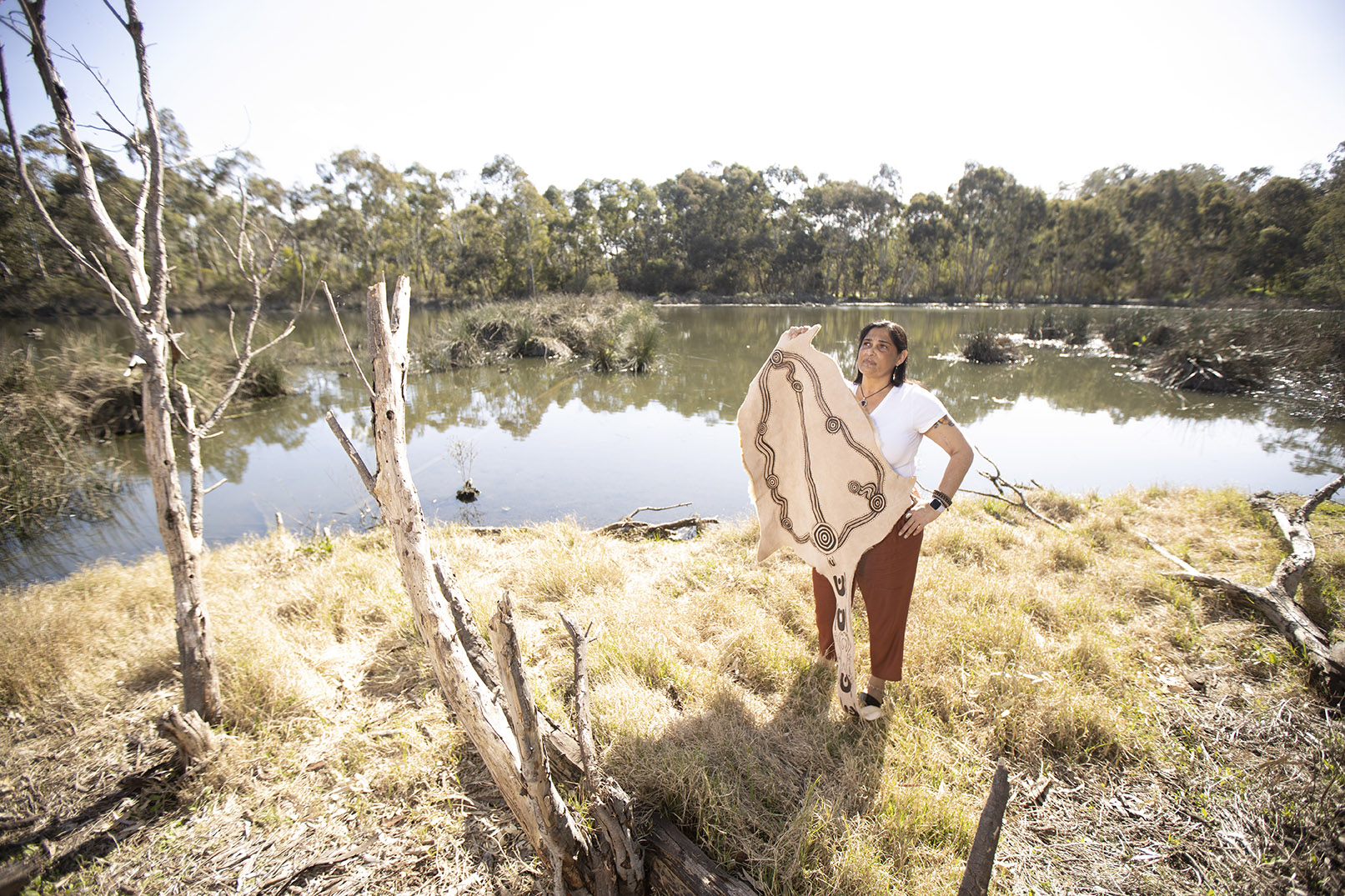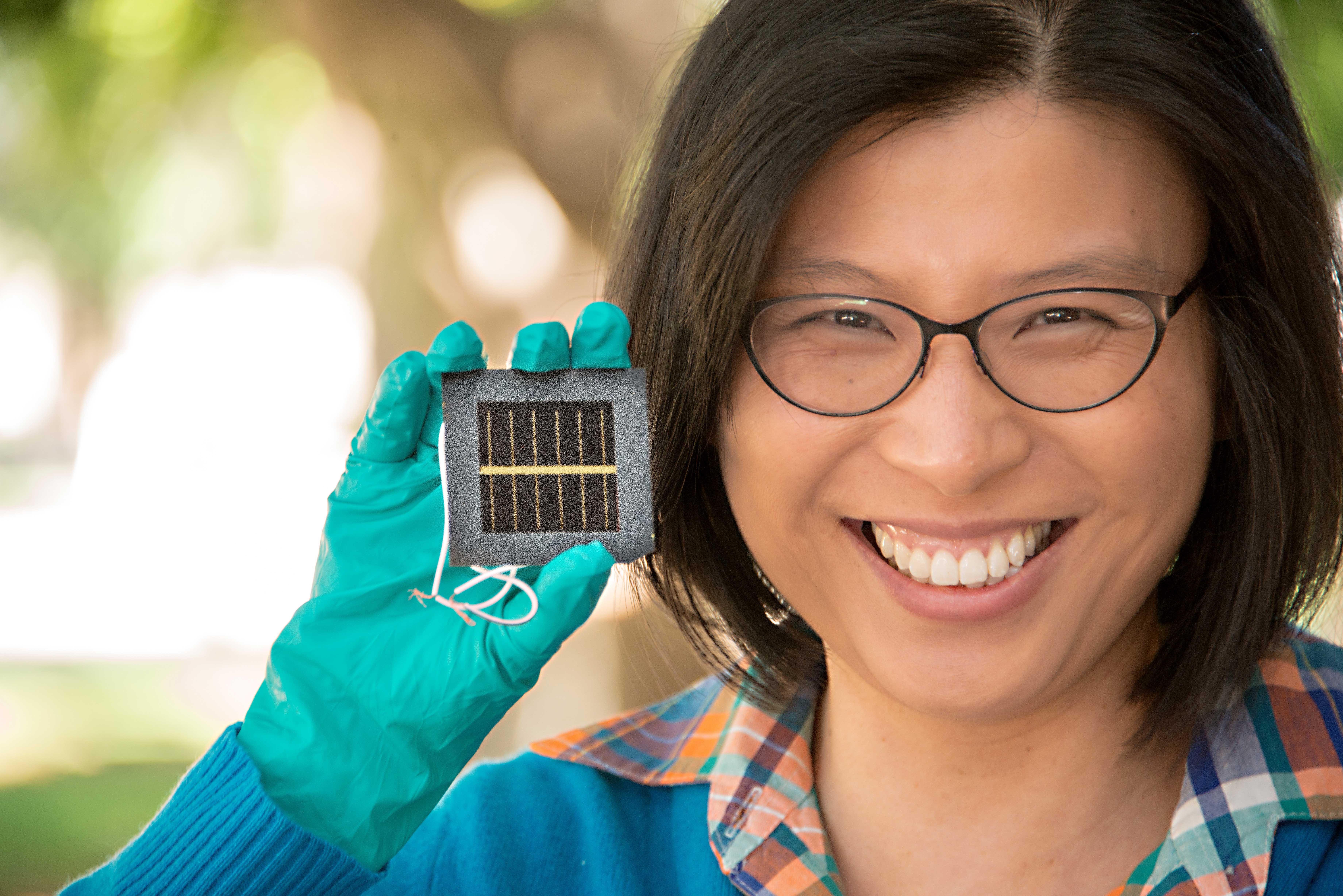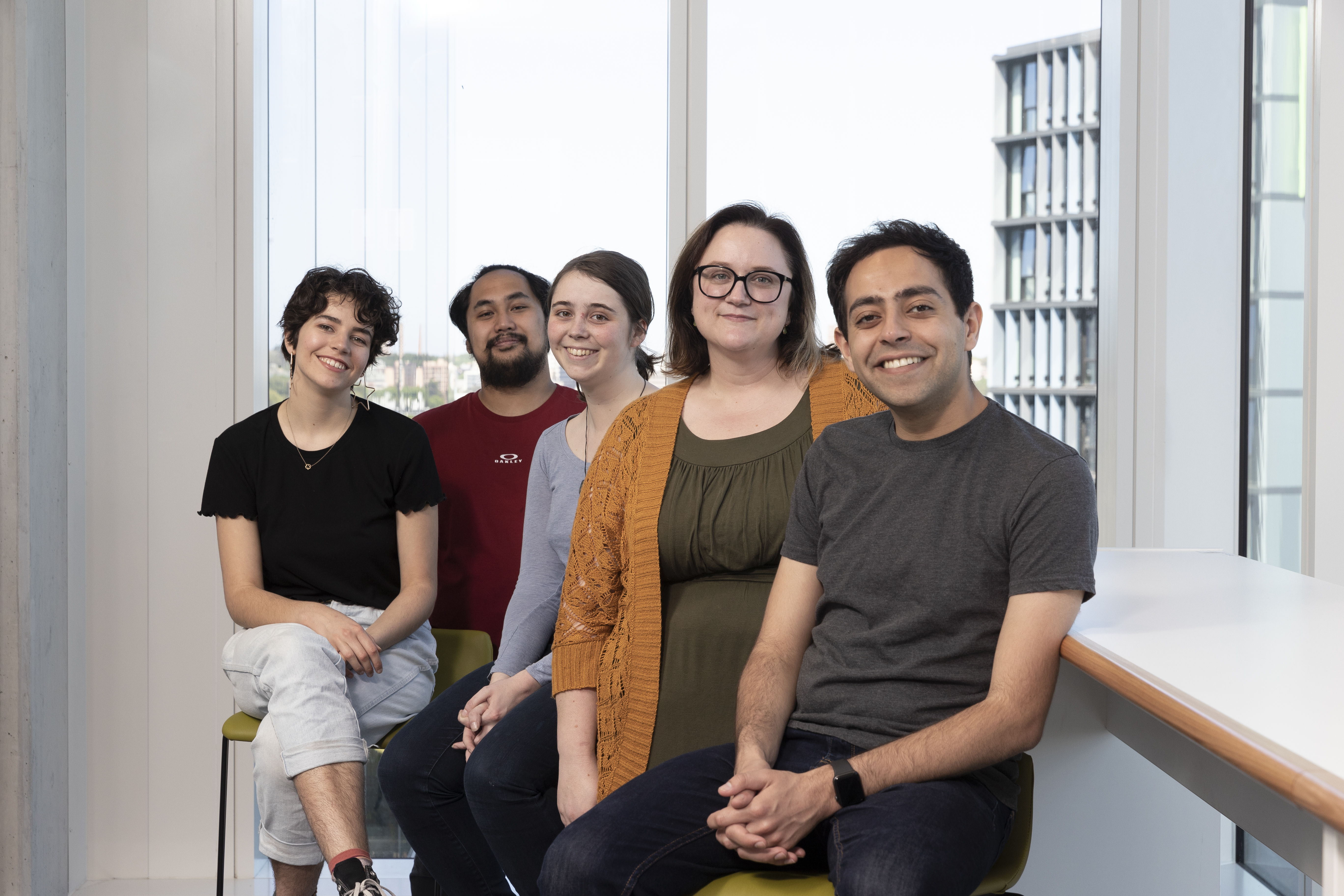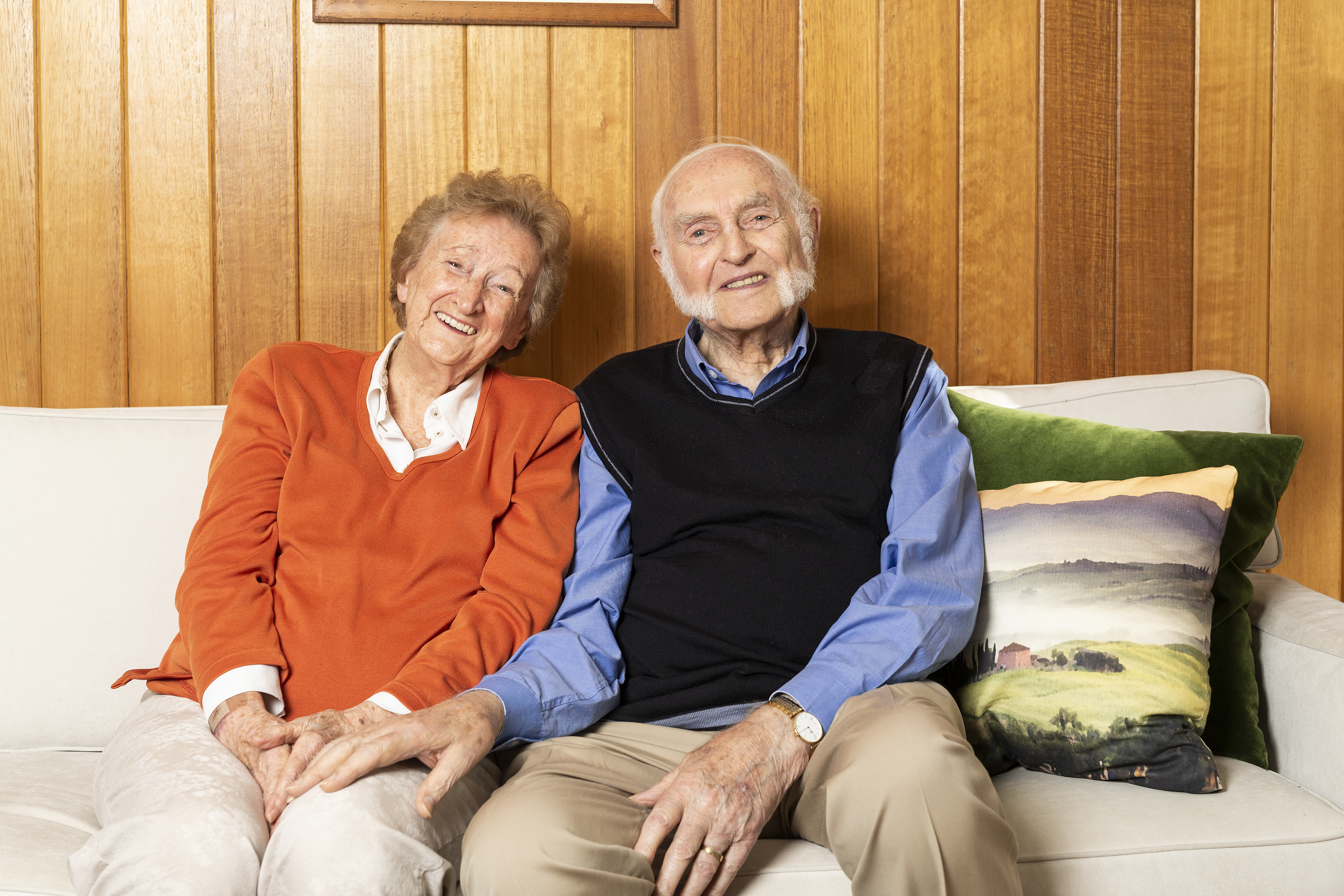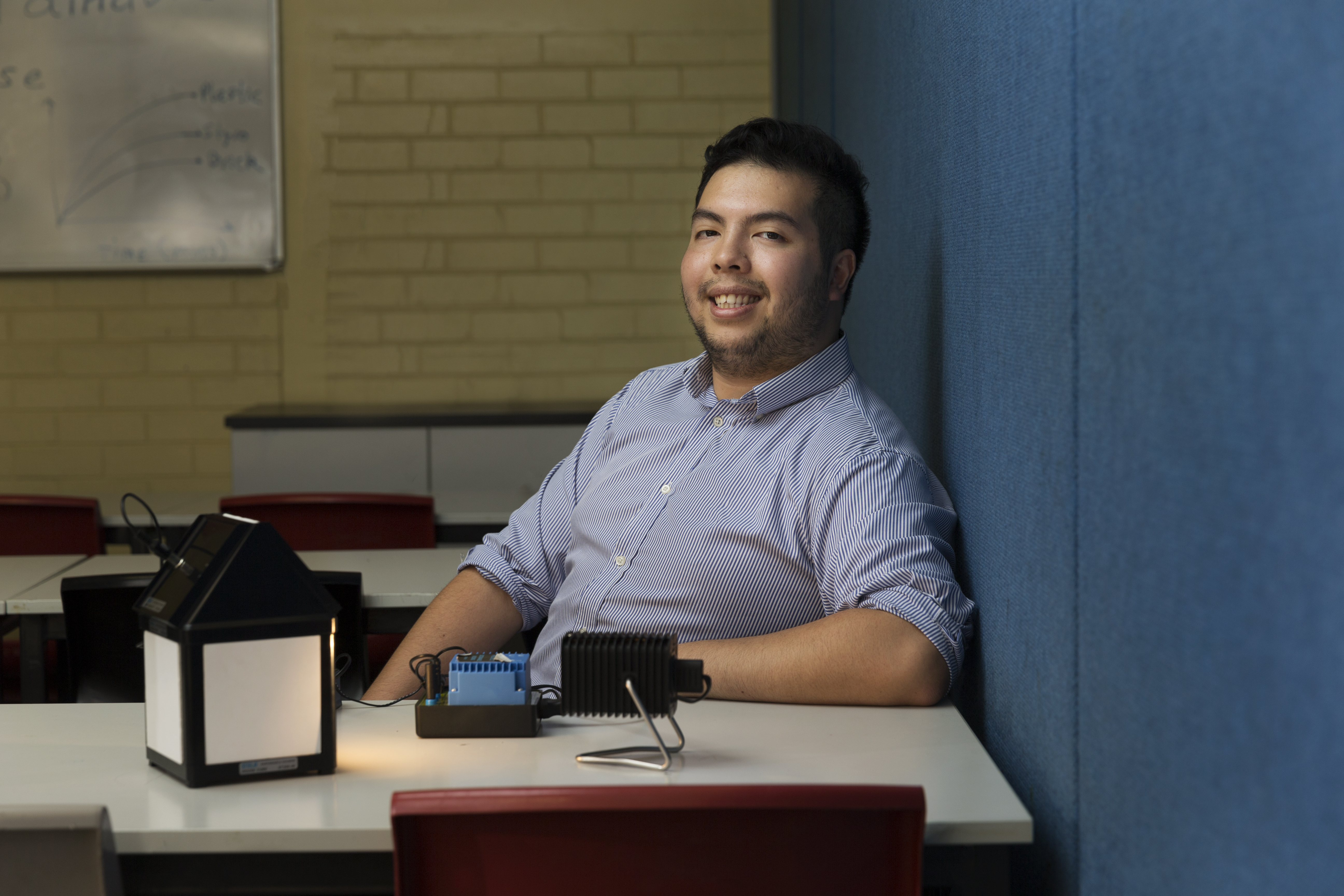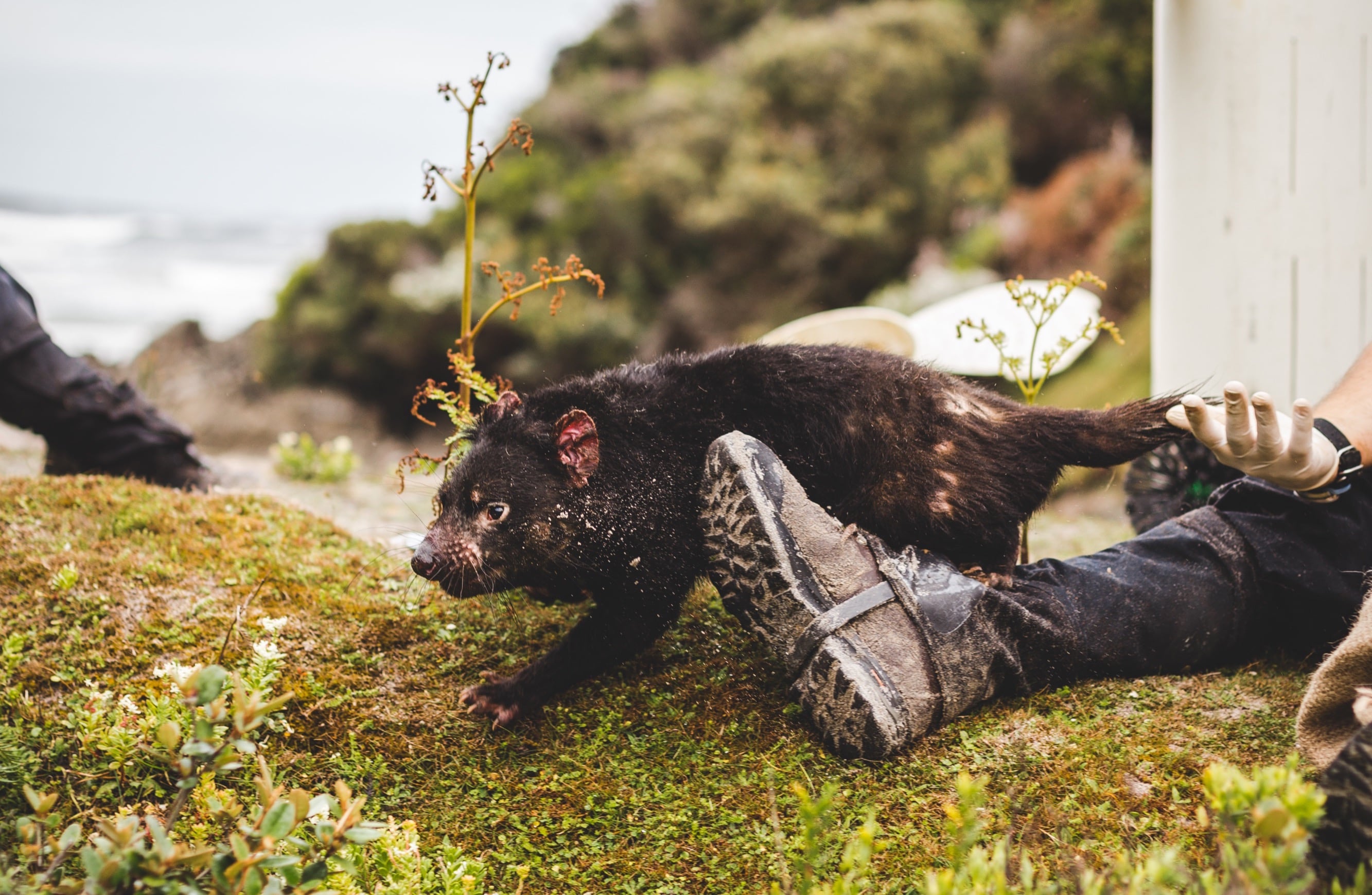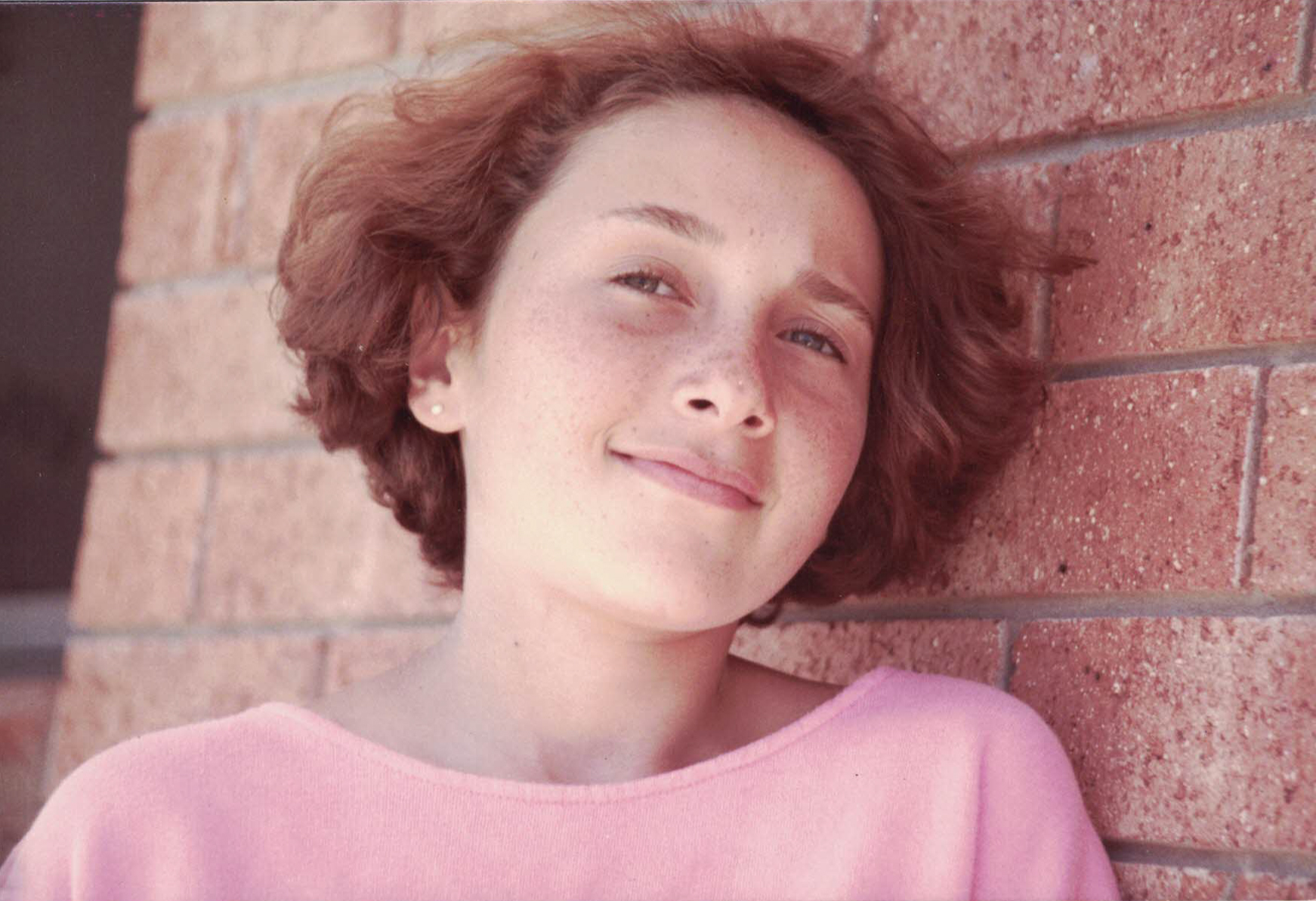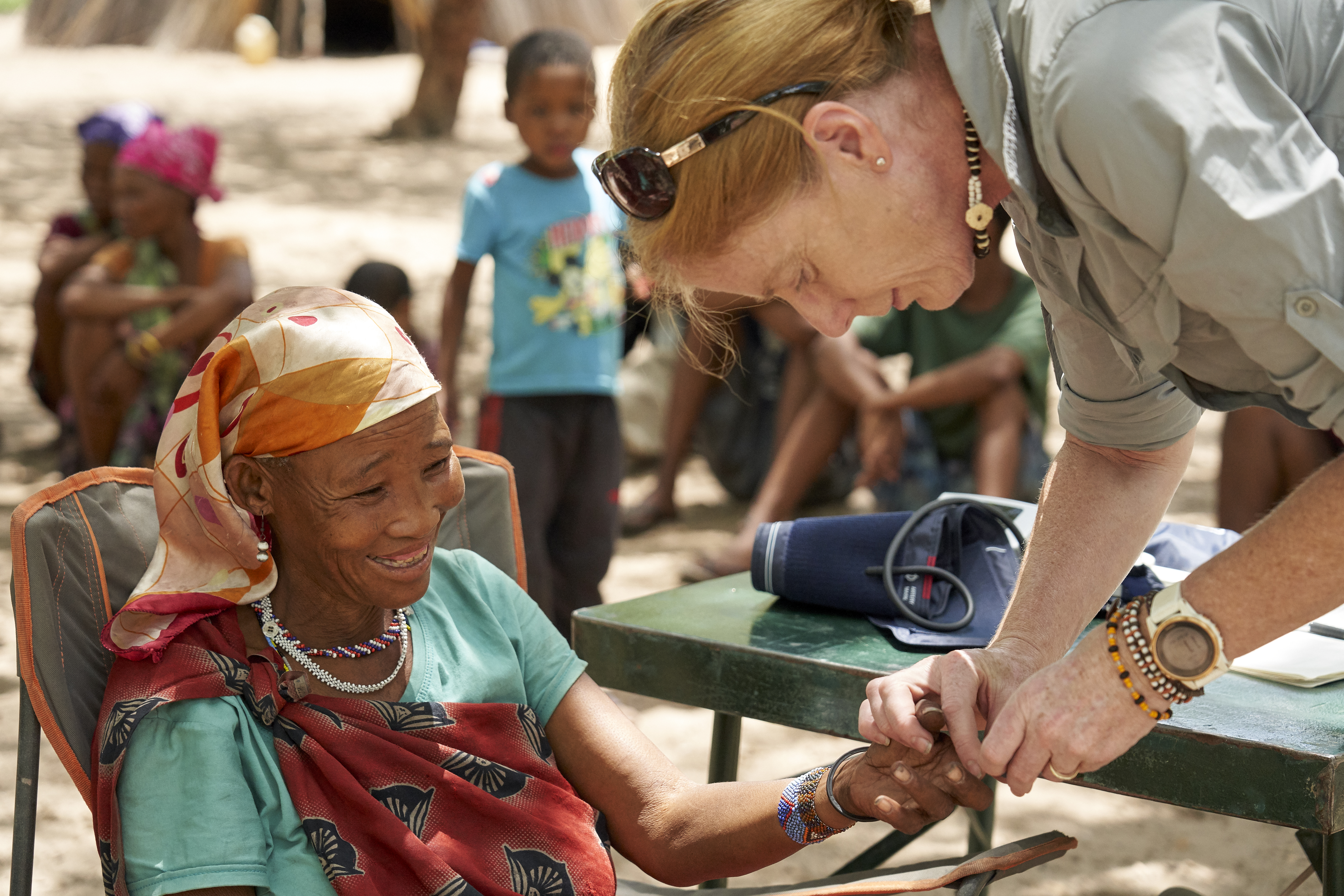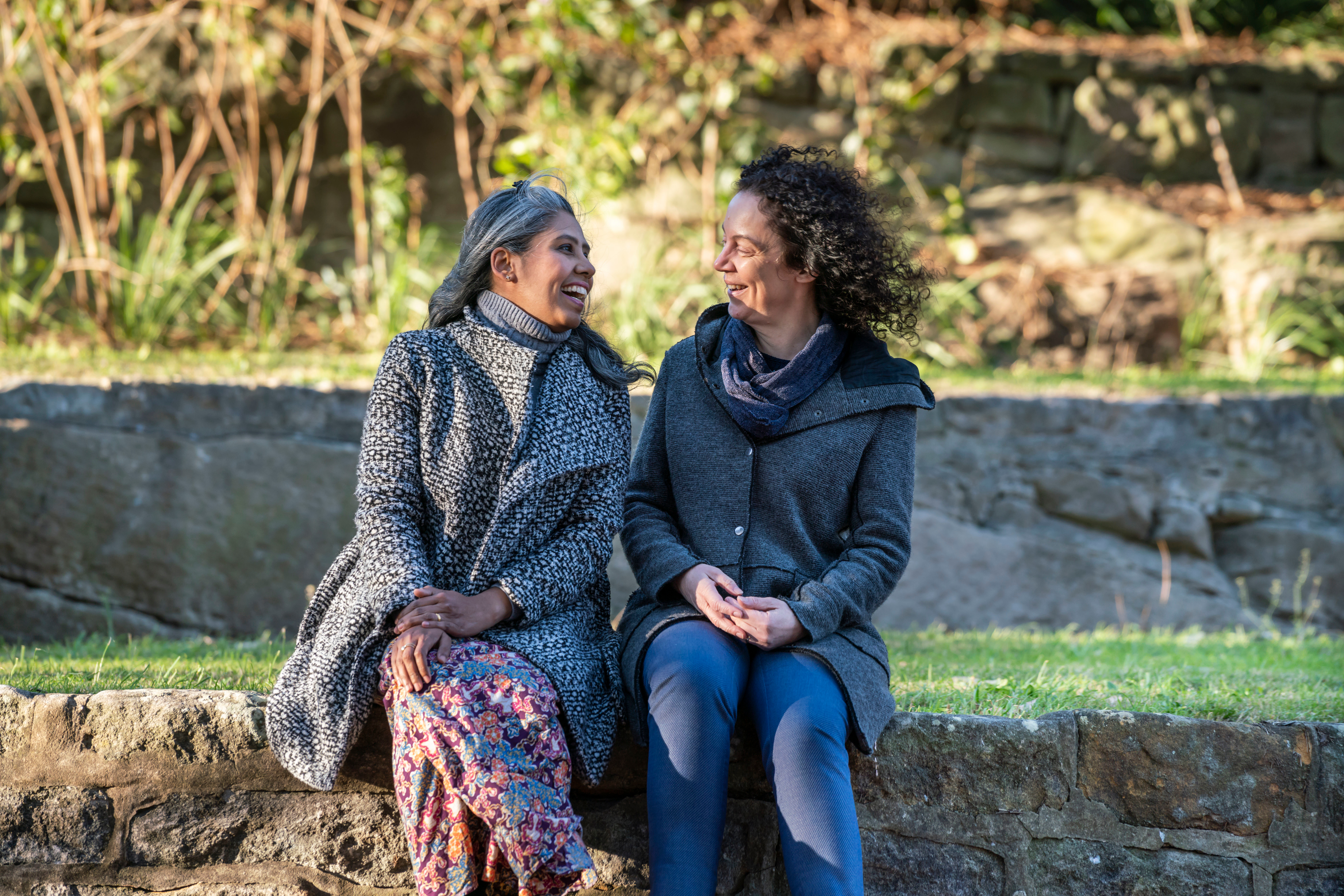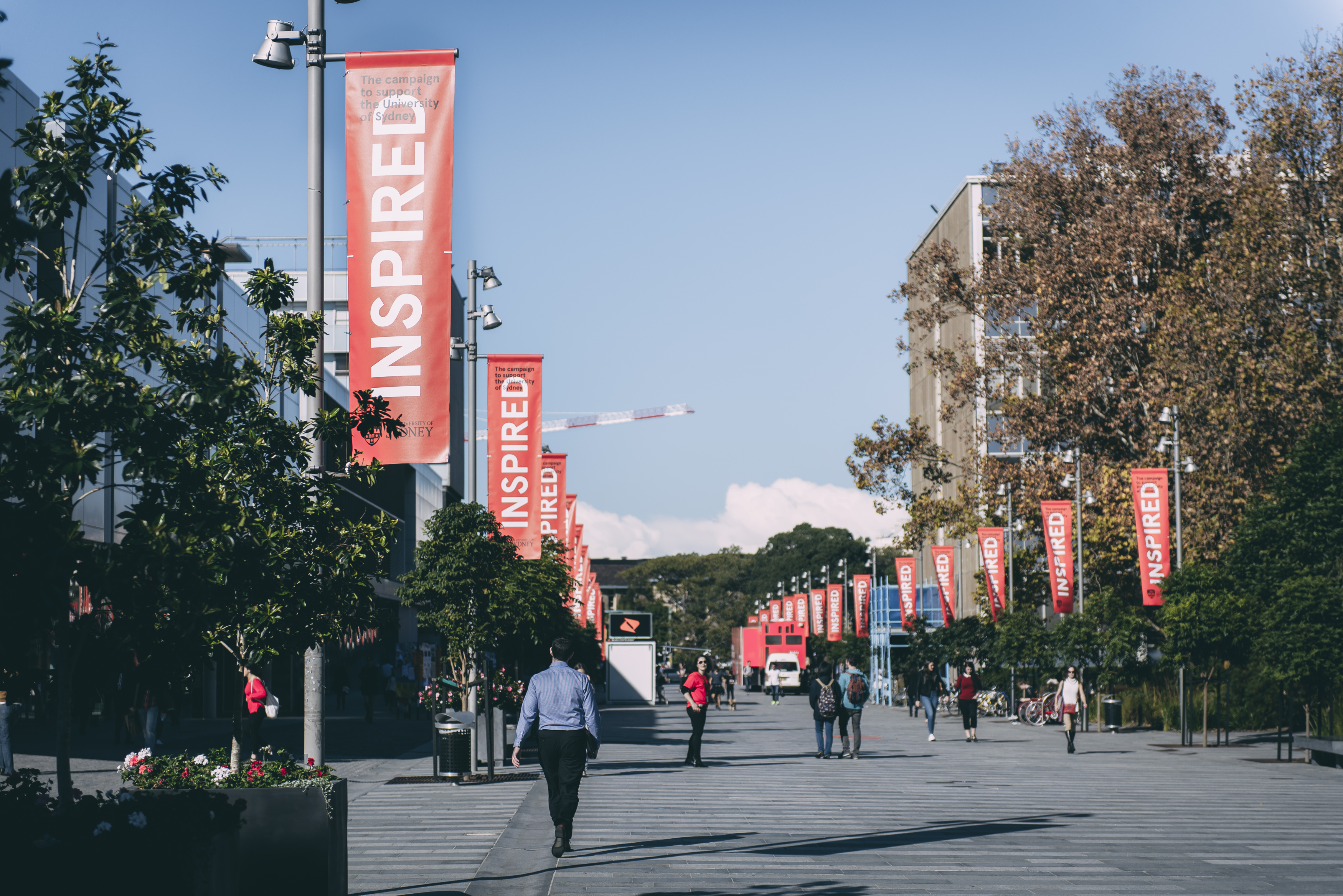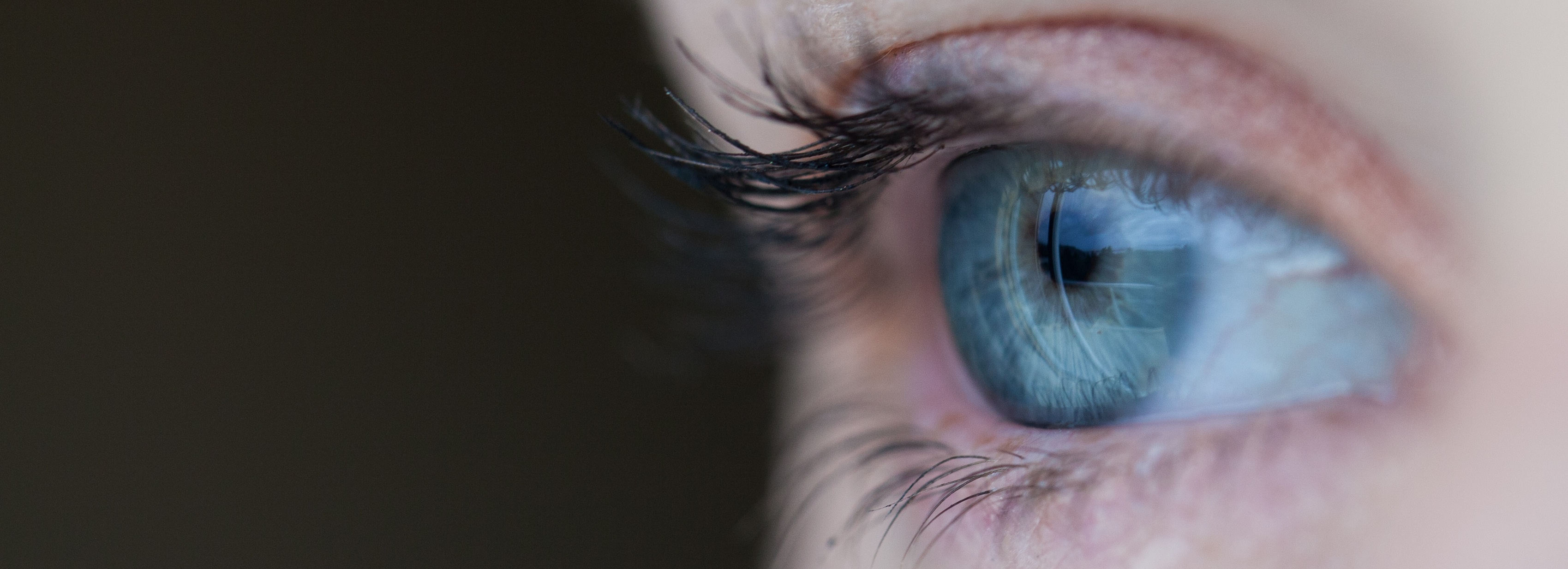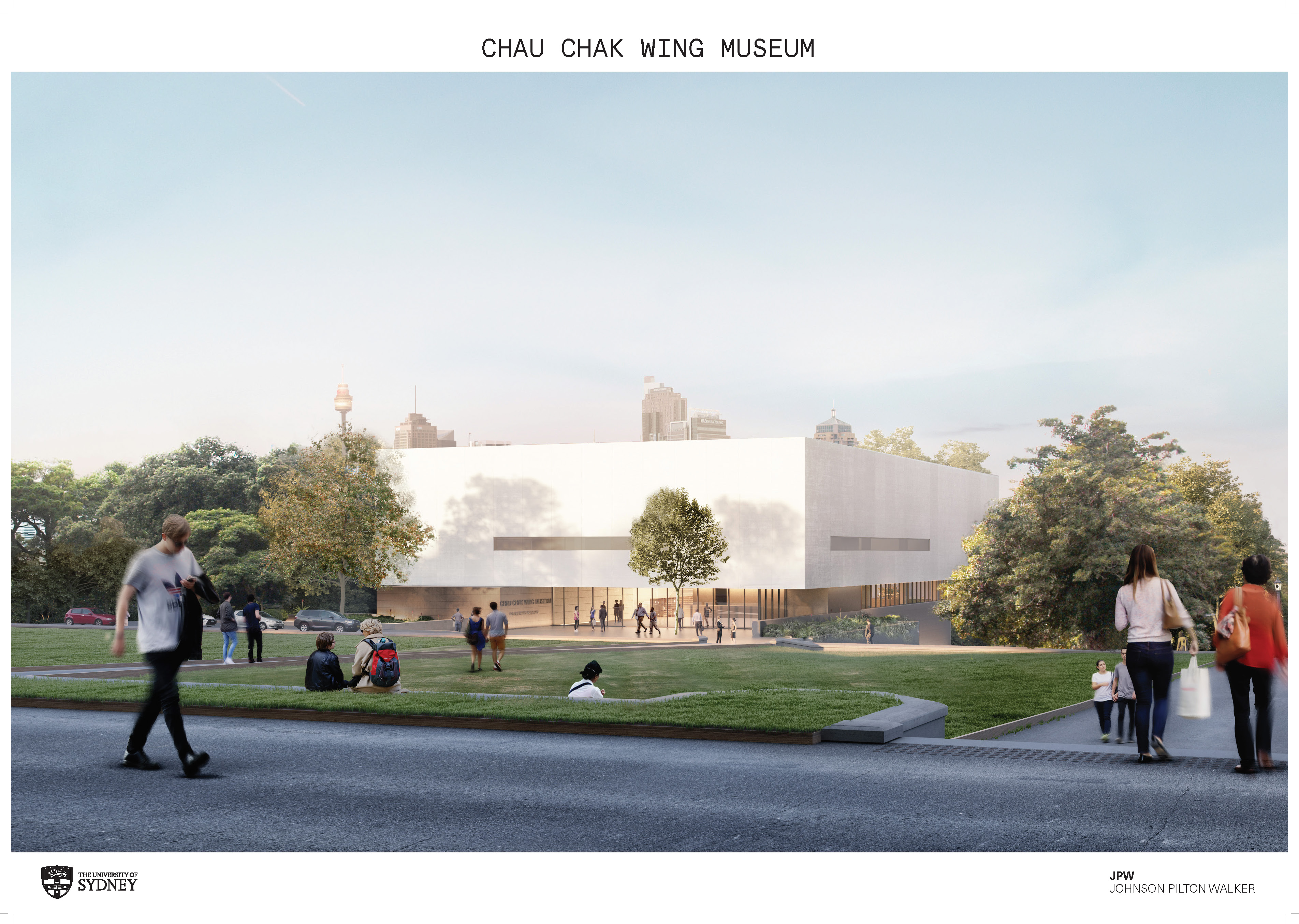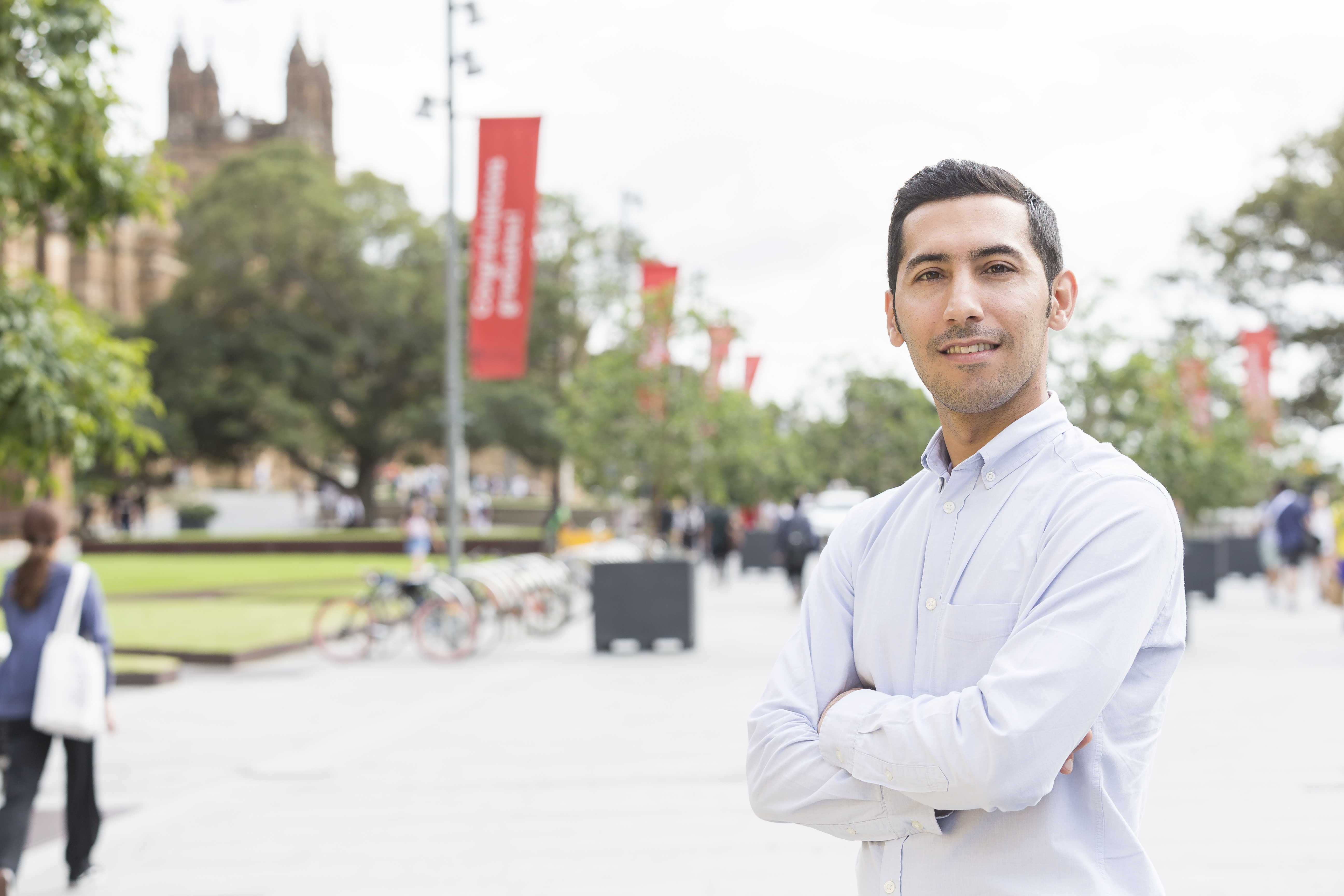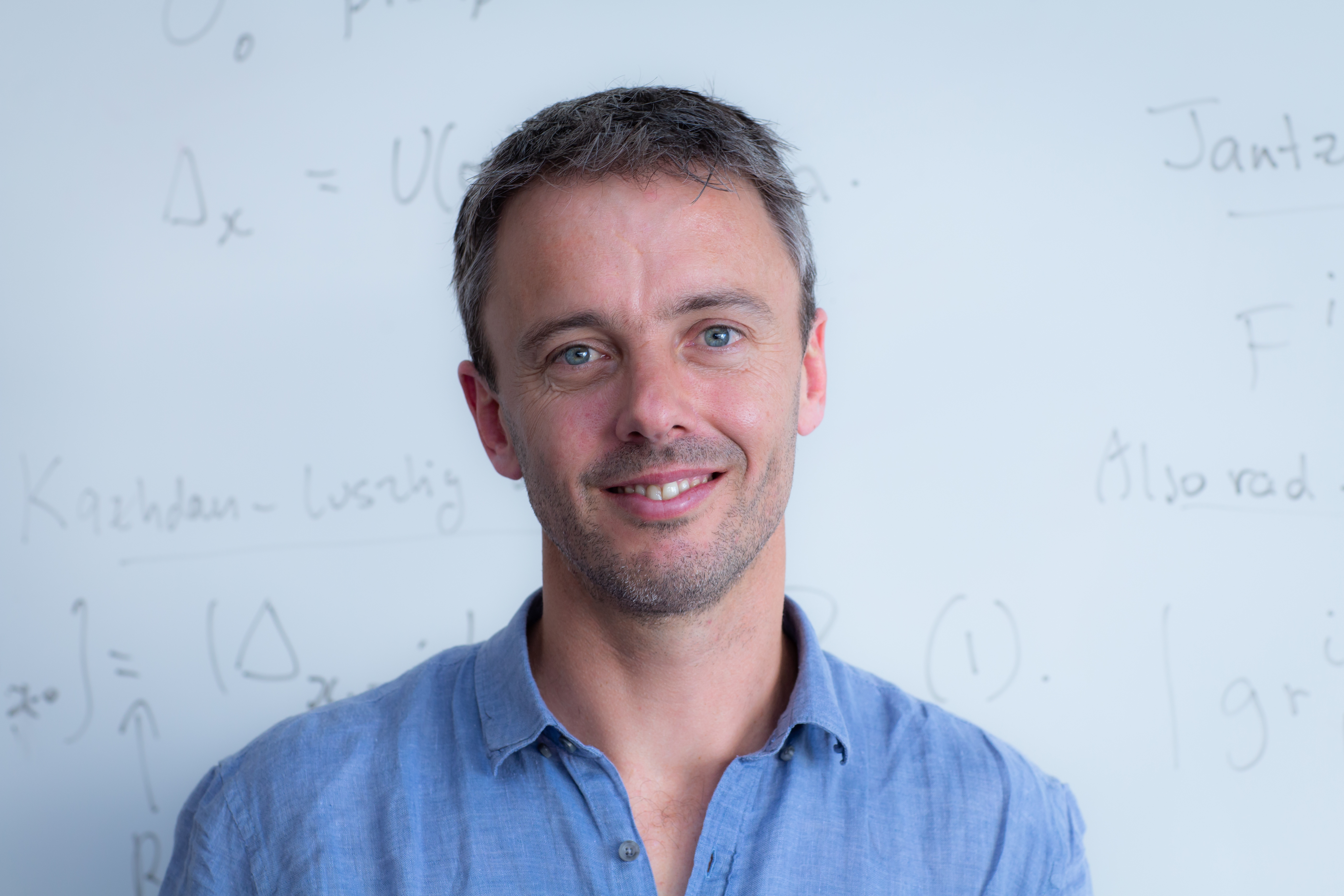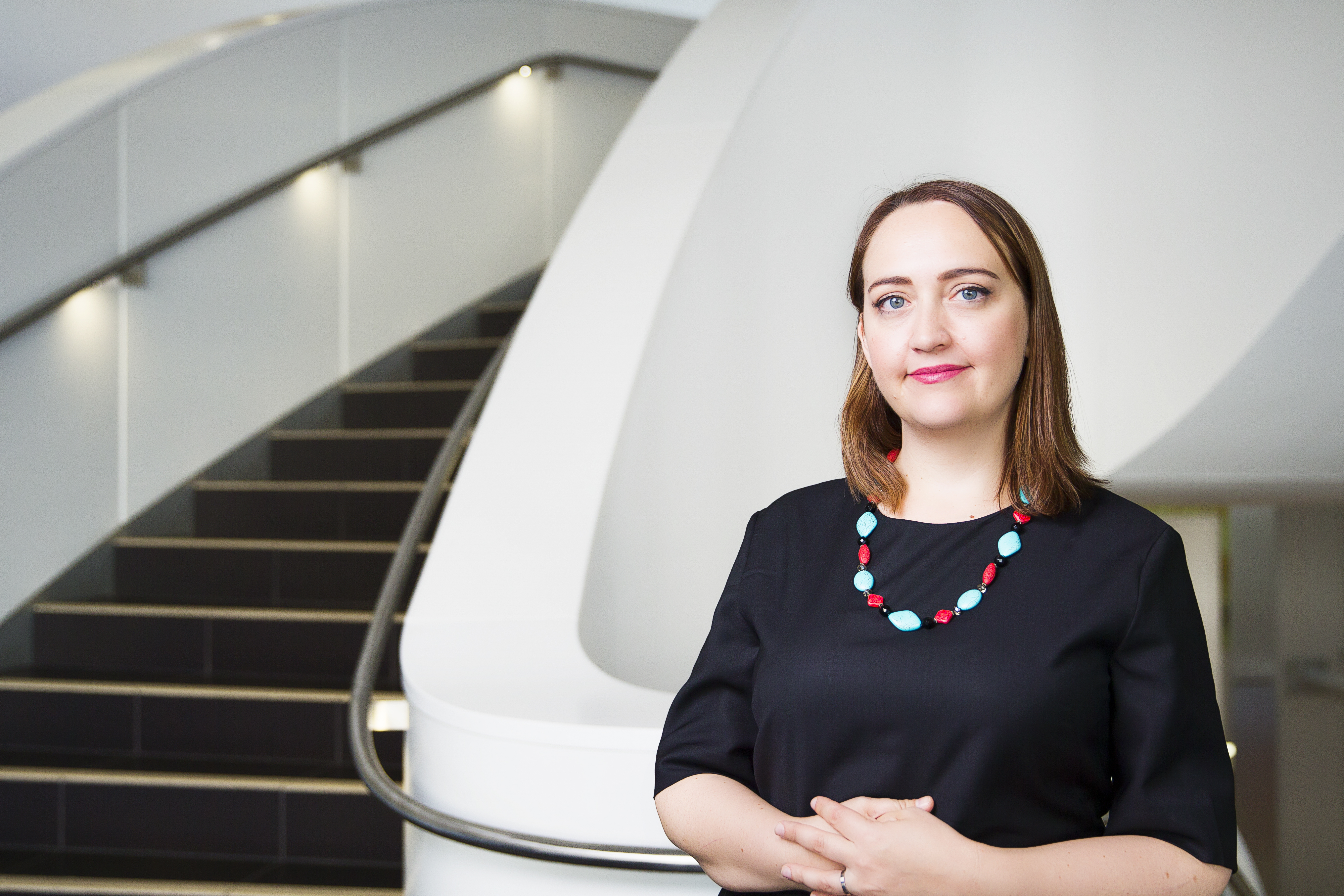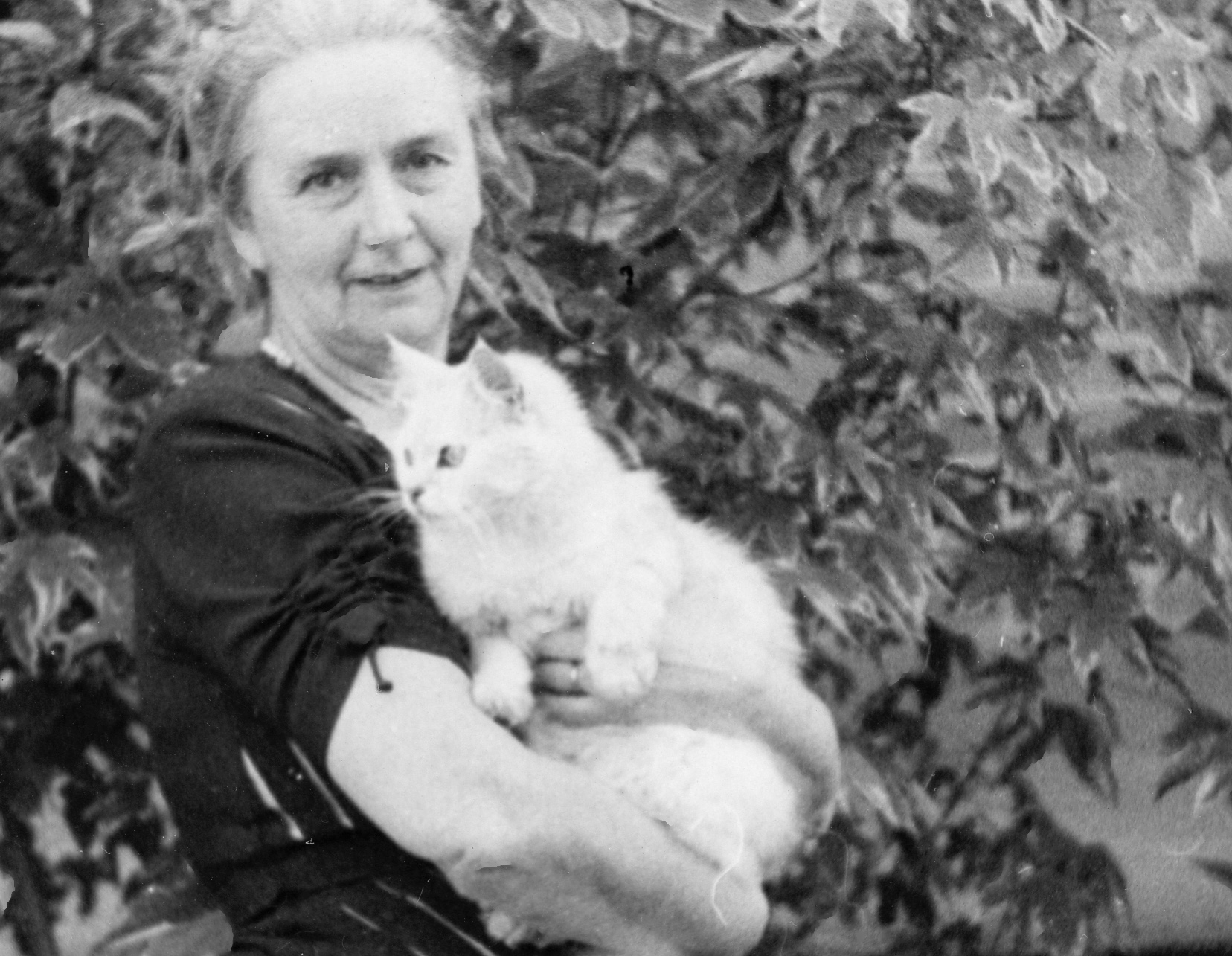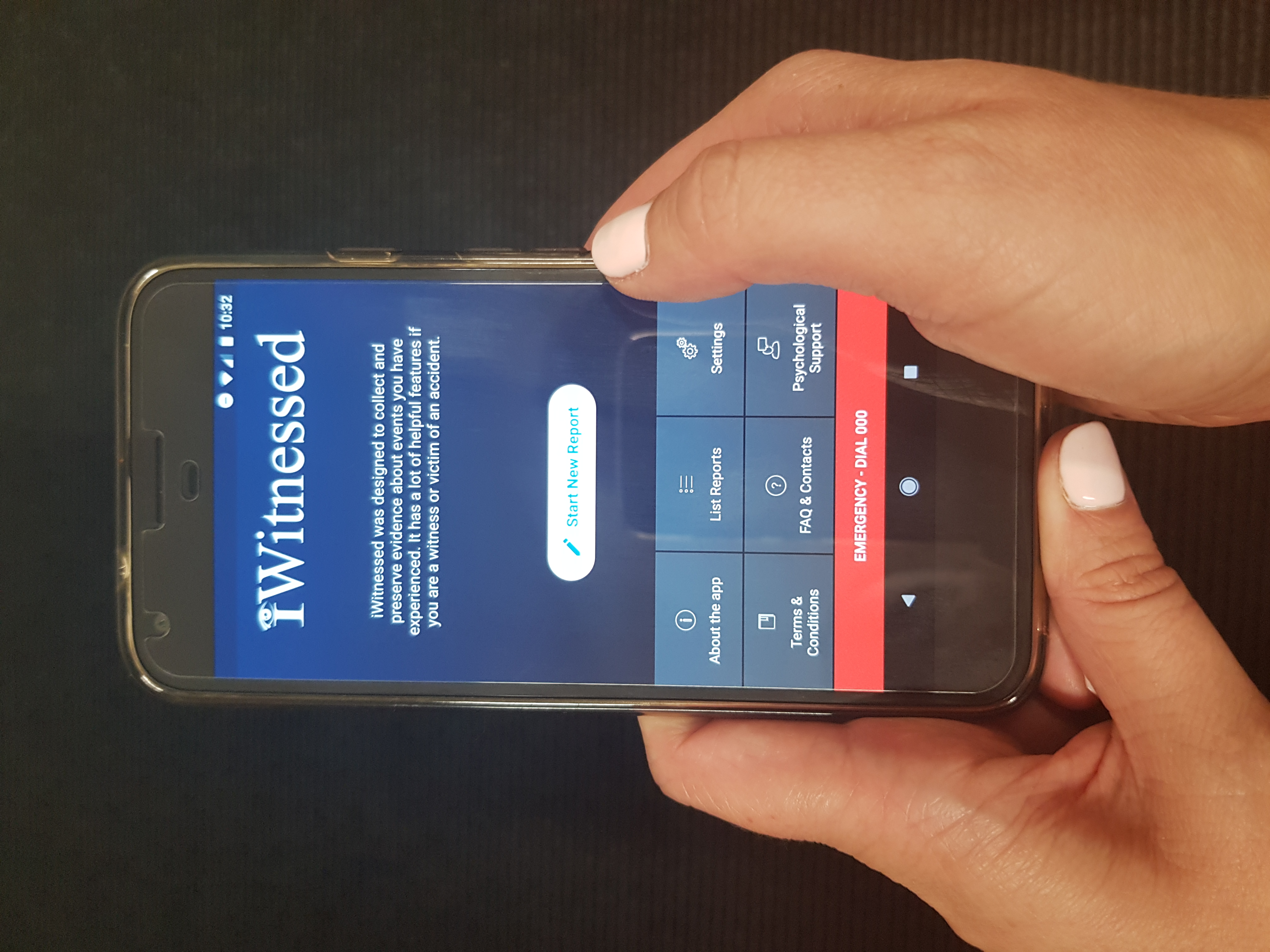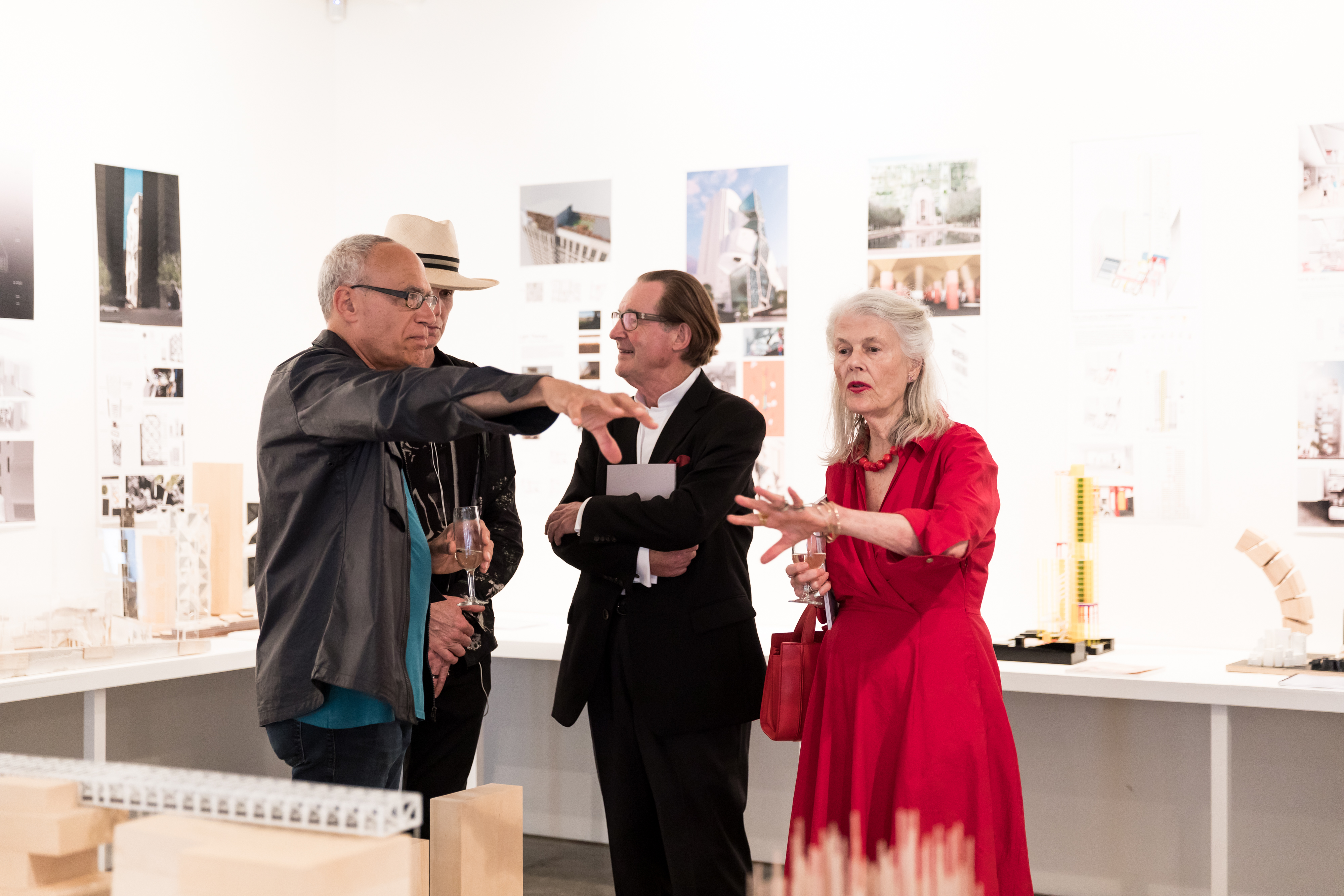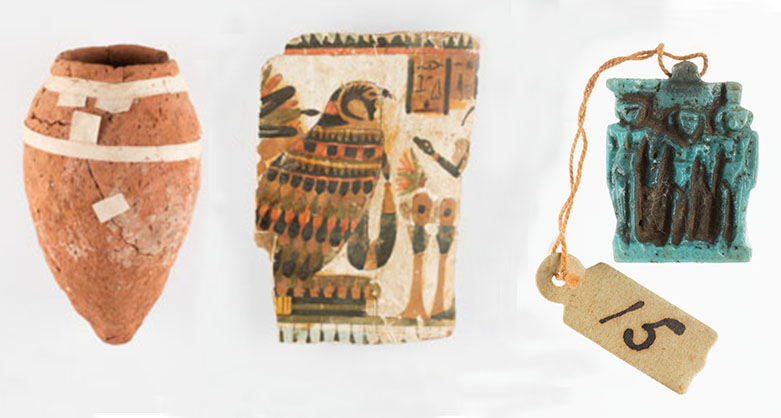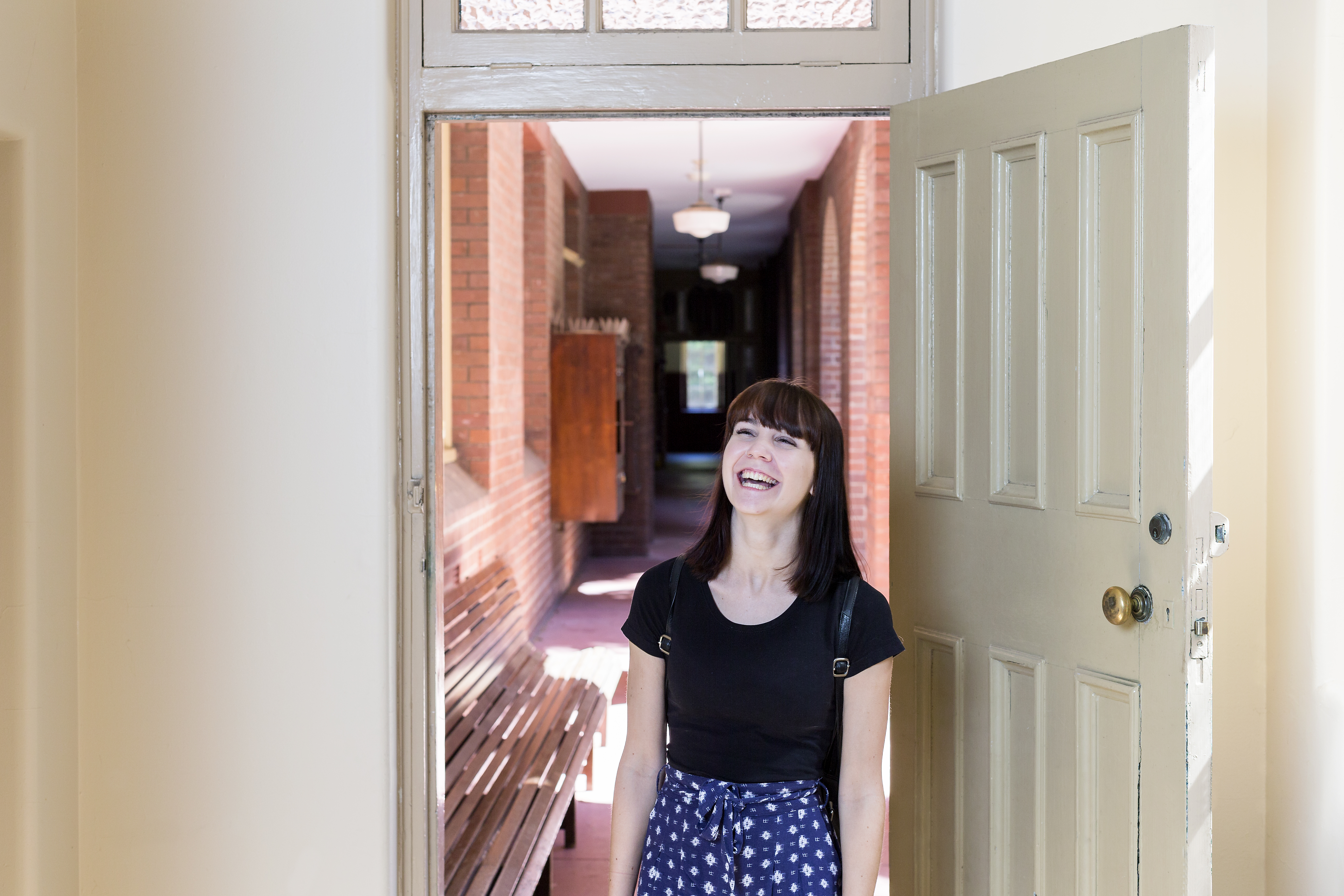Oral health is deeply connected to overall wellbeing, yet it remains one of the most overlooked areas of healthcare . Many Australians struggle to access dental care, and for those experiencing financial hardship, oral diseases can lead to severe health and social consequences.
At the University of Sydney, philanthropy is driving a bold new vision for change. Through the generosity of Sue and Alex Abrahams and The Rosebrook Foundation, the Chair of Lifespan Oral Health was established to address systemic issues in oral health policy, prevention, and accessibility. Now led by Associate Professor Ankur Singh, the Chair is pioneering new approaches to oral health research, advocacy, and education, ensuring that prevention becomes a national priority.
From denistry to philanthropy
Alex built Pacific Smiles Group, one of Australia's largest networks of dental clinics, on the principle of patient-centred care - ensuring that people could access treatment when and where they needed it. But over time, he recognised a bigger issue: the focus on treatment over prevention was leading to unnecessary suffering and avoidable health costs.
rn
He recalls a pivotal conversation at a University of Sydney event, where he discussed the decline of preventive dentistry in Australia. "We know what the problem is. The challenge is communicating it and making prevention a national priority," he says. "The fact remains, $1 now on prevention will save us $10 on restoration. So why aren't we doing that?"
rn
By funding the Chair of Lifespan Oral Health, Alex and his wife Sue's goal is clear - they want to support research that influences government policy and improves oral health for all Australians, ensuring preventative measures are in place so unnecessary funds aren't spent on treatment.
rn"}}">
For Dr Alex Abrahams (BDS '82), a lifelong commitment to dentistry began with an unexpected twist. "I got into dentistry because I failed to get into medicine," he admits with a chuckle. But as his career progressed, he quickly realised he was exactly where he was meant to be.
Alex built Pacific Smiles Group, one of Australia's largest networks of dental clinics, on the principle of patient-centred care - ensuring that people could access treatment when and where they needed it. But over time, he recognised a bigger issue: the focus on treatment over prevention was leading to unnecessary suffering and avoidable health costs.
He recalls a pivotal conversation at a University of Sydney event, where he discussed the decline of preventive dentistry in Australia. "We know what the problem is. The challenge is communicating it and making prevention a national priority," he says. "The fact remains, $1 now on prevention will save us $10 on restoration. So why aren't we doing that?"
By funding the Chair of Lifespan Oral Health, Alex and his wife Sue's goal is clear - they want to support research that influences government policy and improves oral health for all Australians, ensuring preventative measures are in place so unnecessary funds aren't spent on treatment.
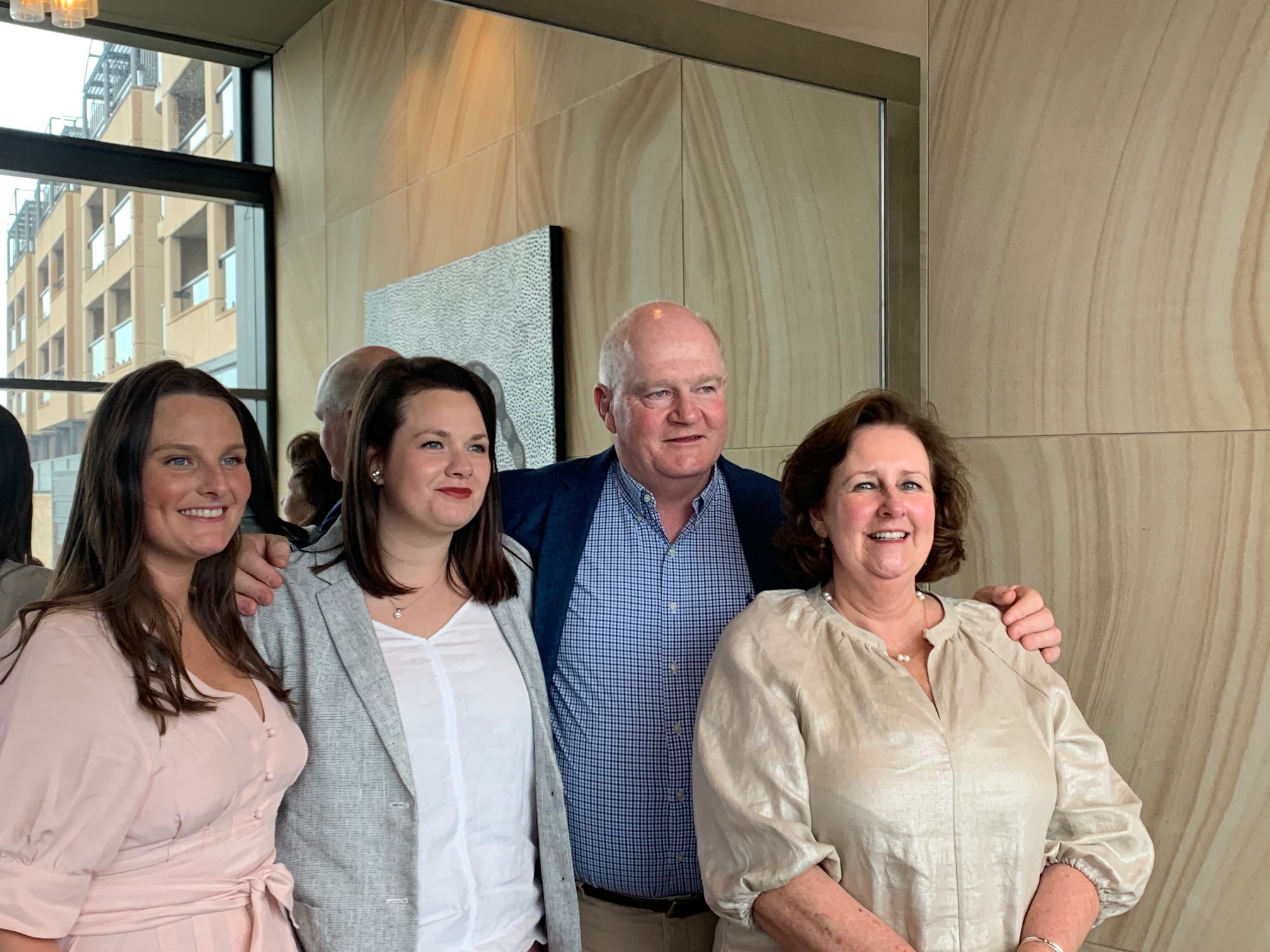
Dr Alex Abrahams and his wife Sue, pictured with daughters Caroline and Lucy, are passionate about prevention as the best way to build and maintain oral health. Photo credit: Dr Alex Abrahams.
A new era in oral health
The Chair of Lifespan Oral Health, Associate Professor Ankur Singh, is an internationally recognised expert in oral health inequalities and public health policy. His research focuses on how social disadvantage affects oral health outcomes and more importantly, what can be done to fix it.
"Right now, 40 percent of adults in Australia who need dental treatment cannot access it due to financial barriers," Ankur explains. "But oral diseases don't happen just because of a lack of treatment. They happen because of poor nutrition, stress, and targeted marketing by industries that thrive on unhealthy habits."
For Ankur, oral health is not just about fixing teeth - it's about changing systems.
"We need to move beyond just providing oral healthcare and start focusing on oral health itself - its role in general well-being, its impact on people's lives, and how we can prevent diseases before they start," he says.
We need lifelong strategies, not just early interventions.
Associate Professor Ankur Singh
"We need lifelong strategies, not just early interventions."
Associate Professor Ankur Singh
Why prevention matters
Dr Alex Abrahams is passionate about prevention over treatment. "We could eliminate 90 percent of dentistry by preventing problems before they happen," he says. "But the system is built around procedures - treating problems rather than stopping them in the first place."
One of the major challenges is raising awareness. "The Child Dental Benefits Scheme for example, many people don't know about it," Alex says. "We need national campaigns to educate the public, just like we've done with smoking, melanoma, and heart disease."
Ankur agrees, adding that prevention must be prioritised across all stages of life. "There's a lot of focus on early childhood oral health," he says, "but once people enter adulthood, they're largely left on their own."
This is particularly alarming as Australia's population ages. "Older adults often struggle with oral health issues that impact their nutrition, their confidence, and their overall health," Ankur explains. "We need lifelong strategies, not just early interventions."
A future built on collaboration
Alex believes philanthropy plays a crucial role in shaping the future of oral health. "We don't do this because we want someone to thank us," he says. "We do it because it creates impact."
His approach is about leveraging expertise. "The University of Sydney has the research power and the credibility to influence policy," he says. "By supporting the Chair of Lifespan Oral Health, we're funding the right people to push for real change."
For Ankur, this philanthropic support allows for big-picture thinking. "The Chair gives us the freedom to think long-term and to build sustainable solutions that will keep making a difference well into the future."
Both Alex and Ankur see the next few years as critical for shaping the future of oral health in Australia.
"We need to shift the national conversation," Ankur says. "Oral health isn't just about avoiding cavities-it's about quality of life, dignity, and well-being."
He envisions a stronger network of researchers, policymakers, and community leaders working together to tackle oral health challenges from multiple angles. "The real impact happens when you bring people together," he says. "That's how we change the system."
For Alex, it's about connecting the dots between research and policy, funding and impact, and most importantly, people. "I've always been good at joining dots," he says. "This is one of the most important ones yet."

Dr Alex Abrahams and his wife Sue, pictured here at an event in the Great Hall, take great pride in supporting research that will improve oral health for all Australians. Photo credit: Dr Alex Abrahams
Hero image credit: The University of Sydney/ Stefanie Zingsheim.

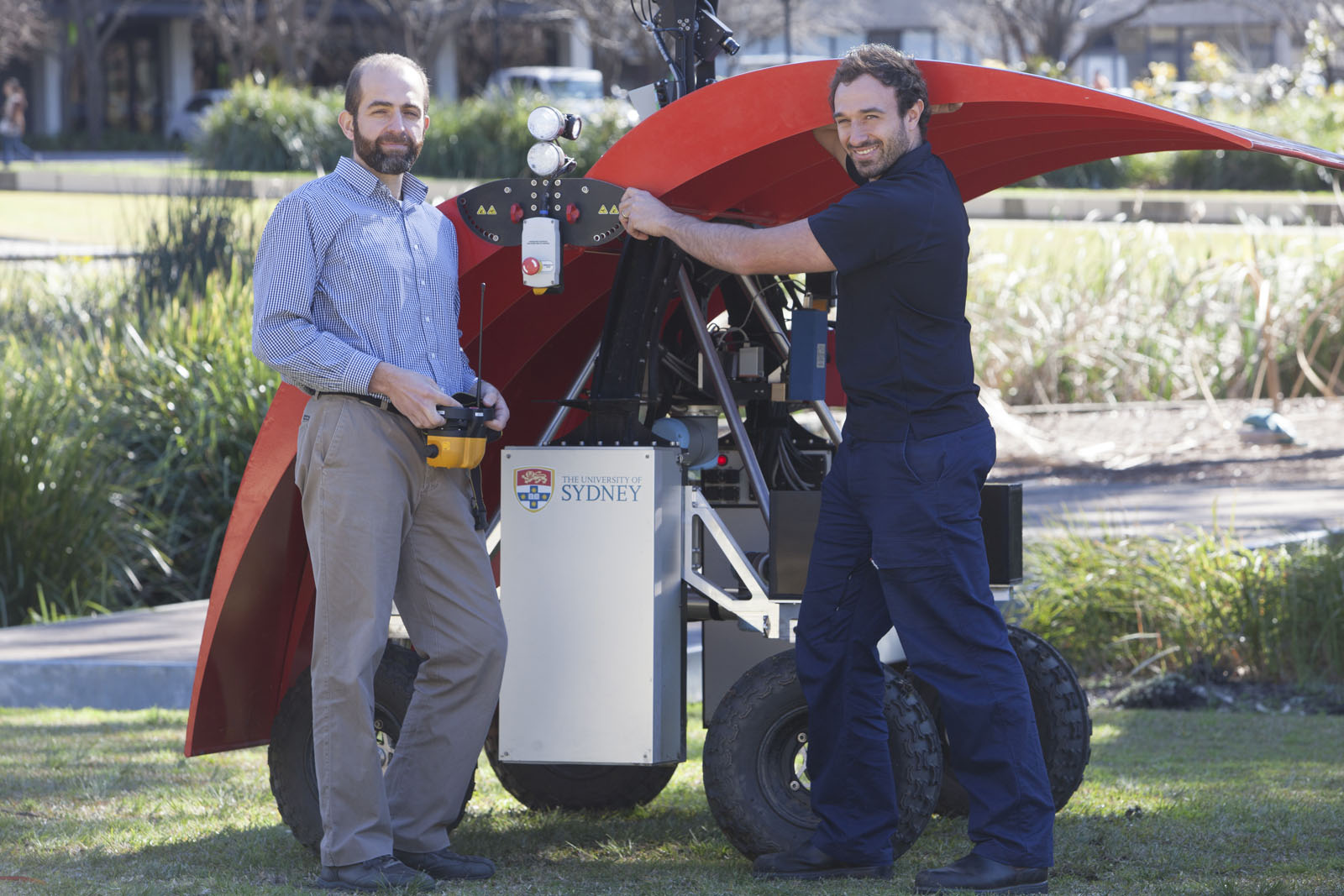
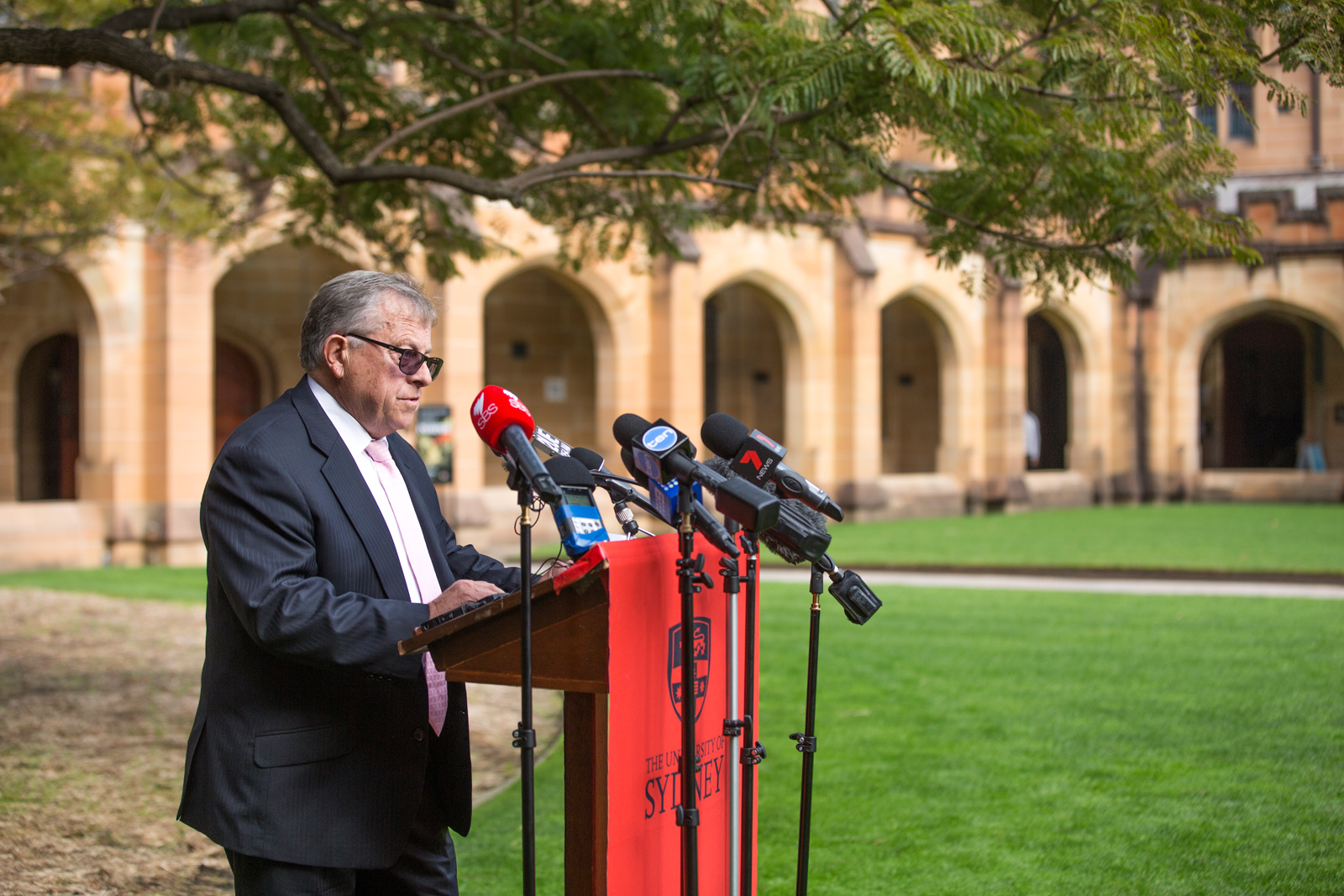
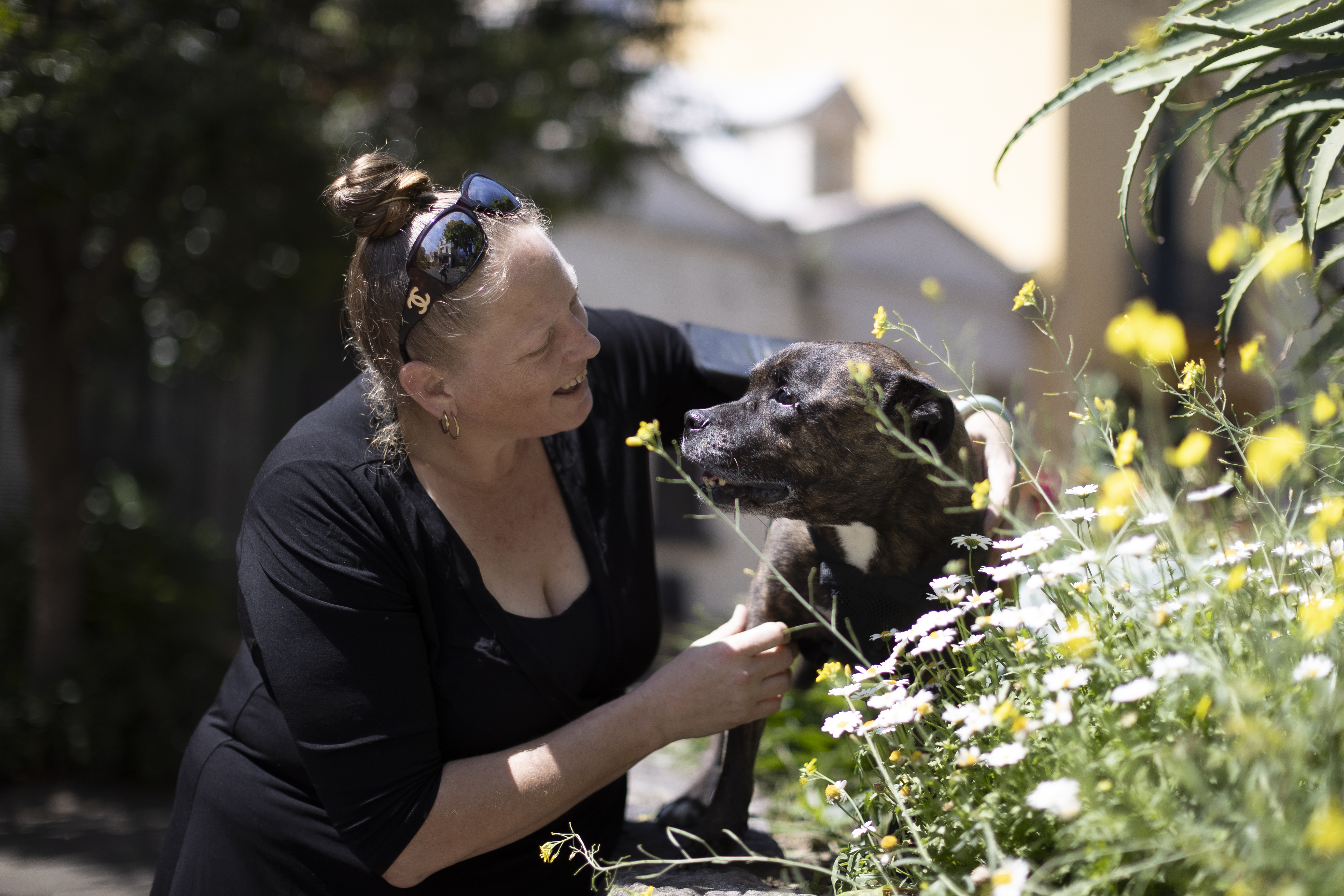
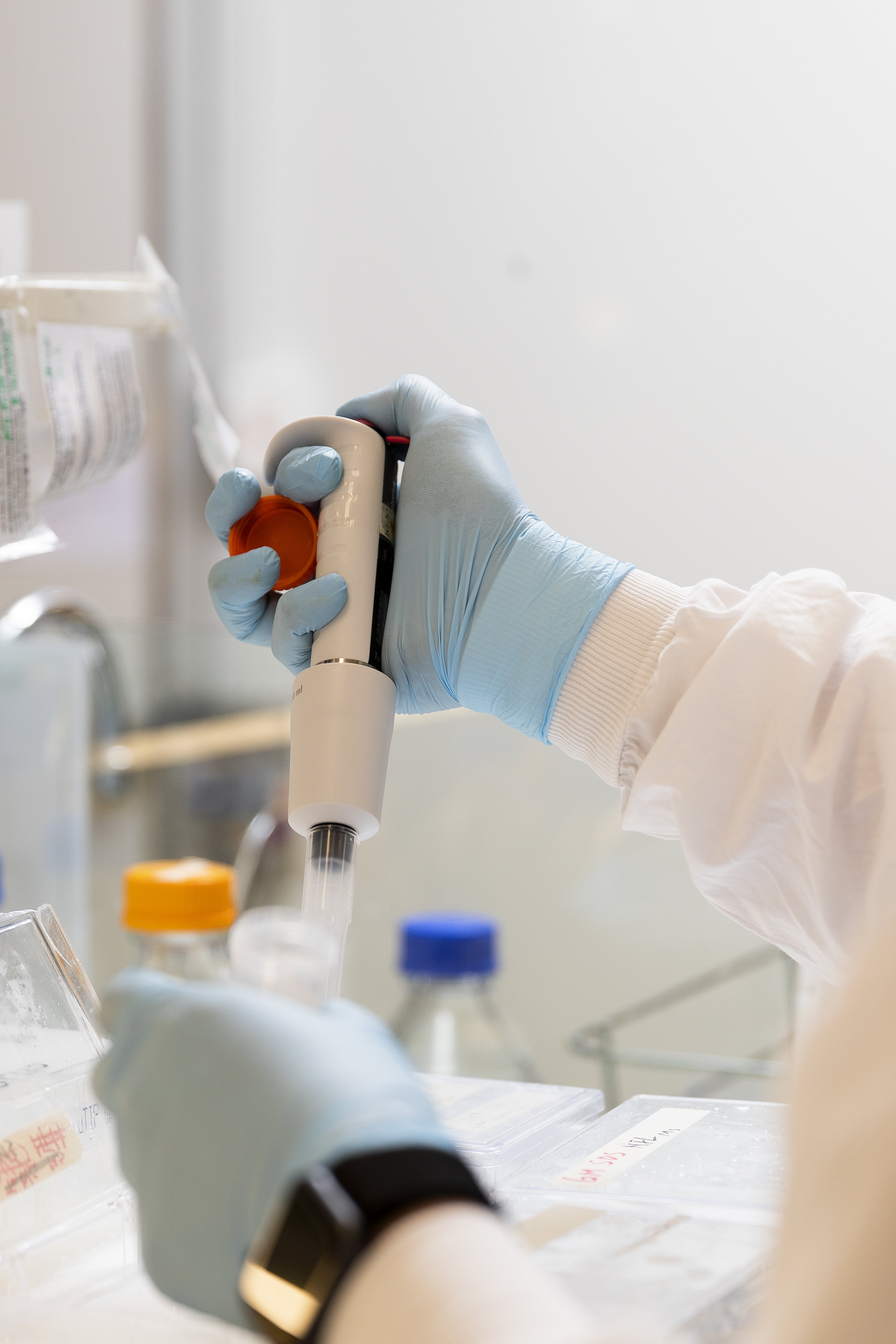










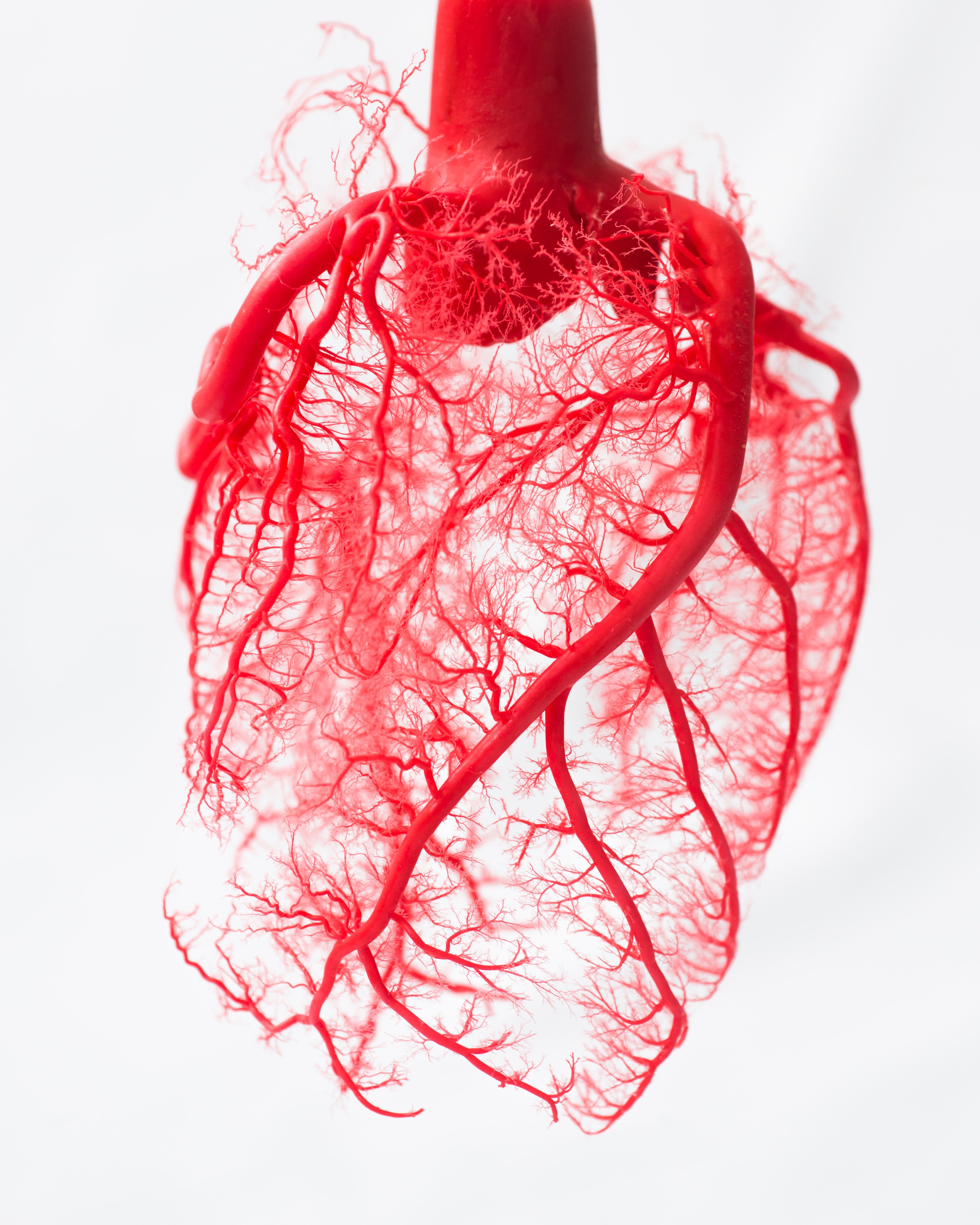


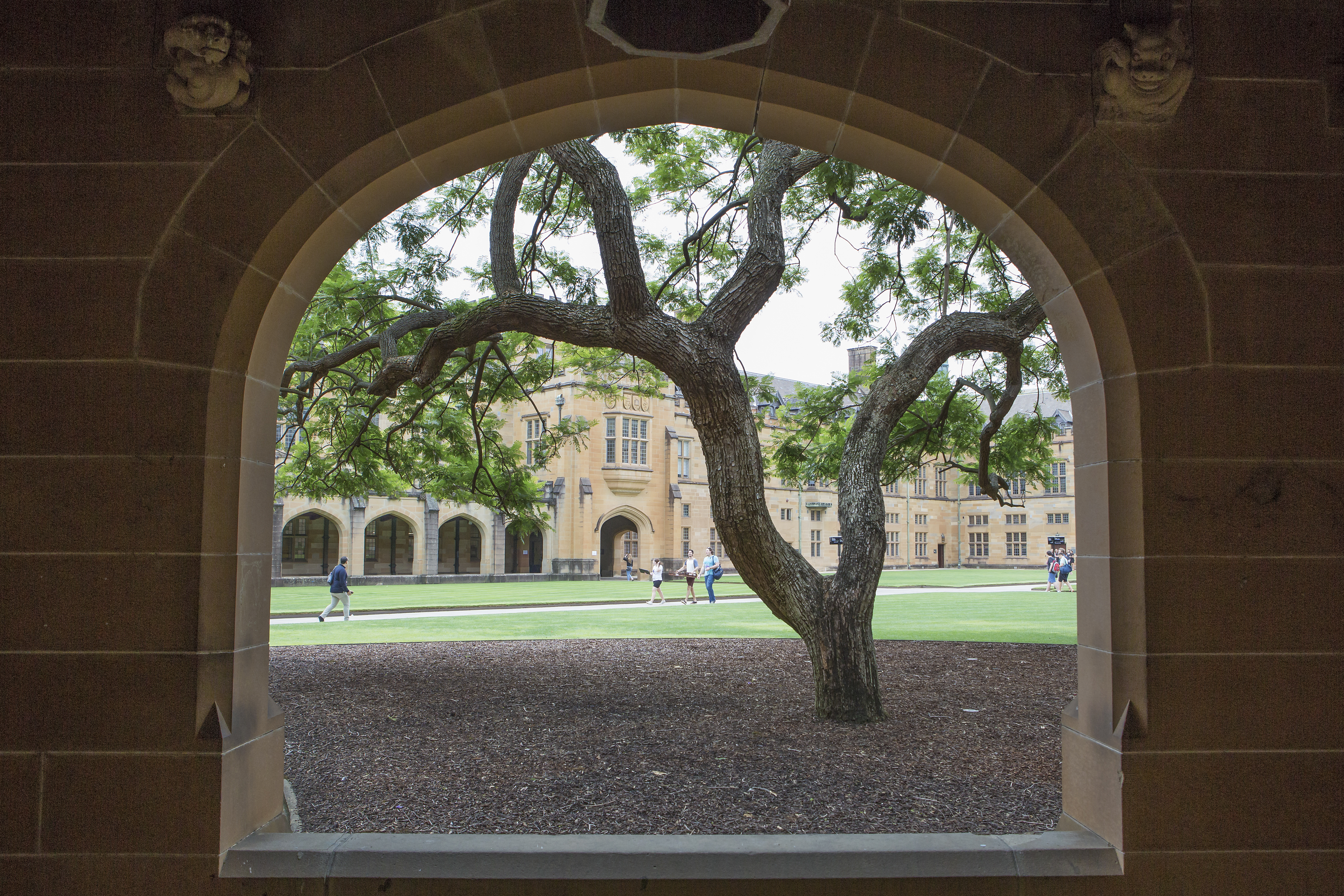





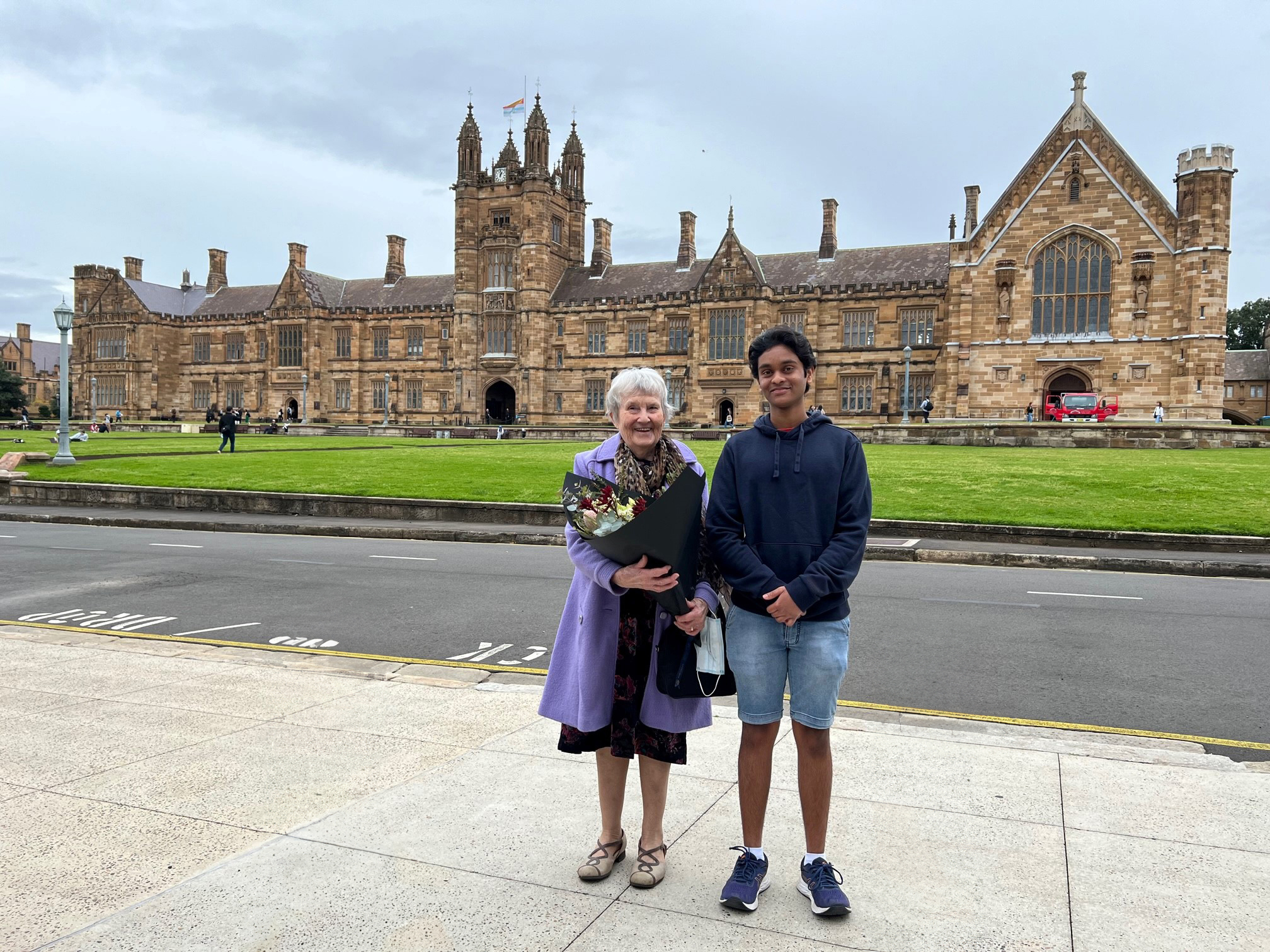

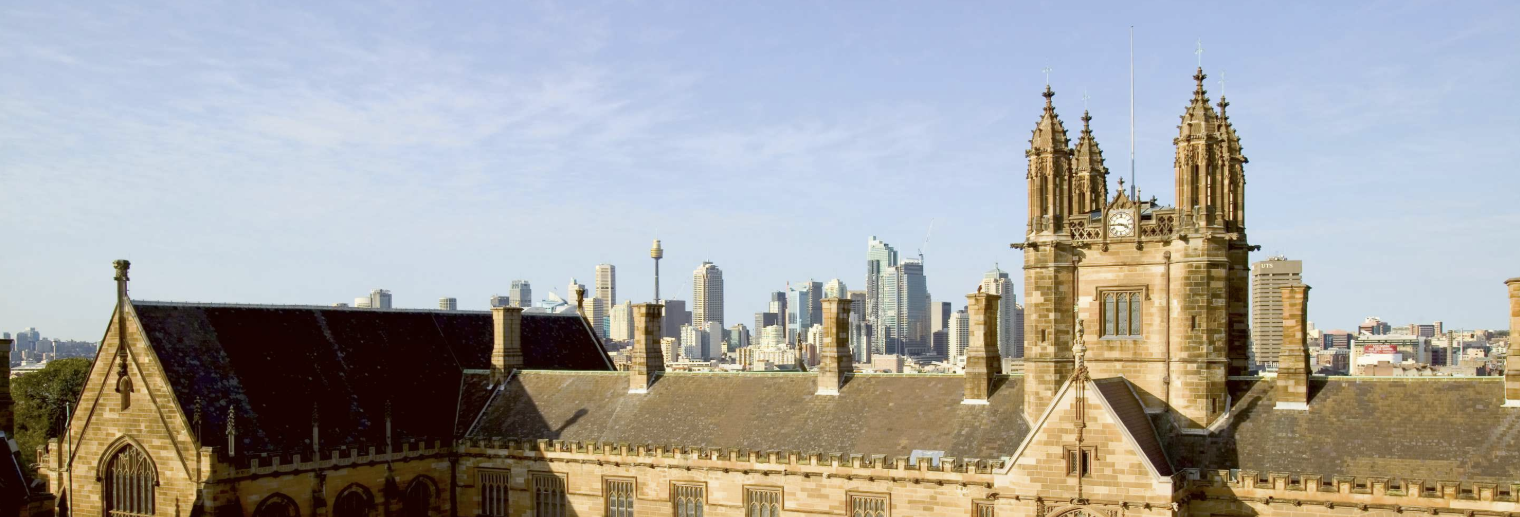


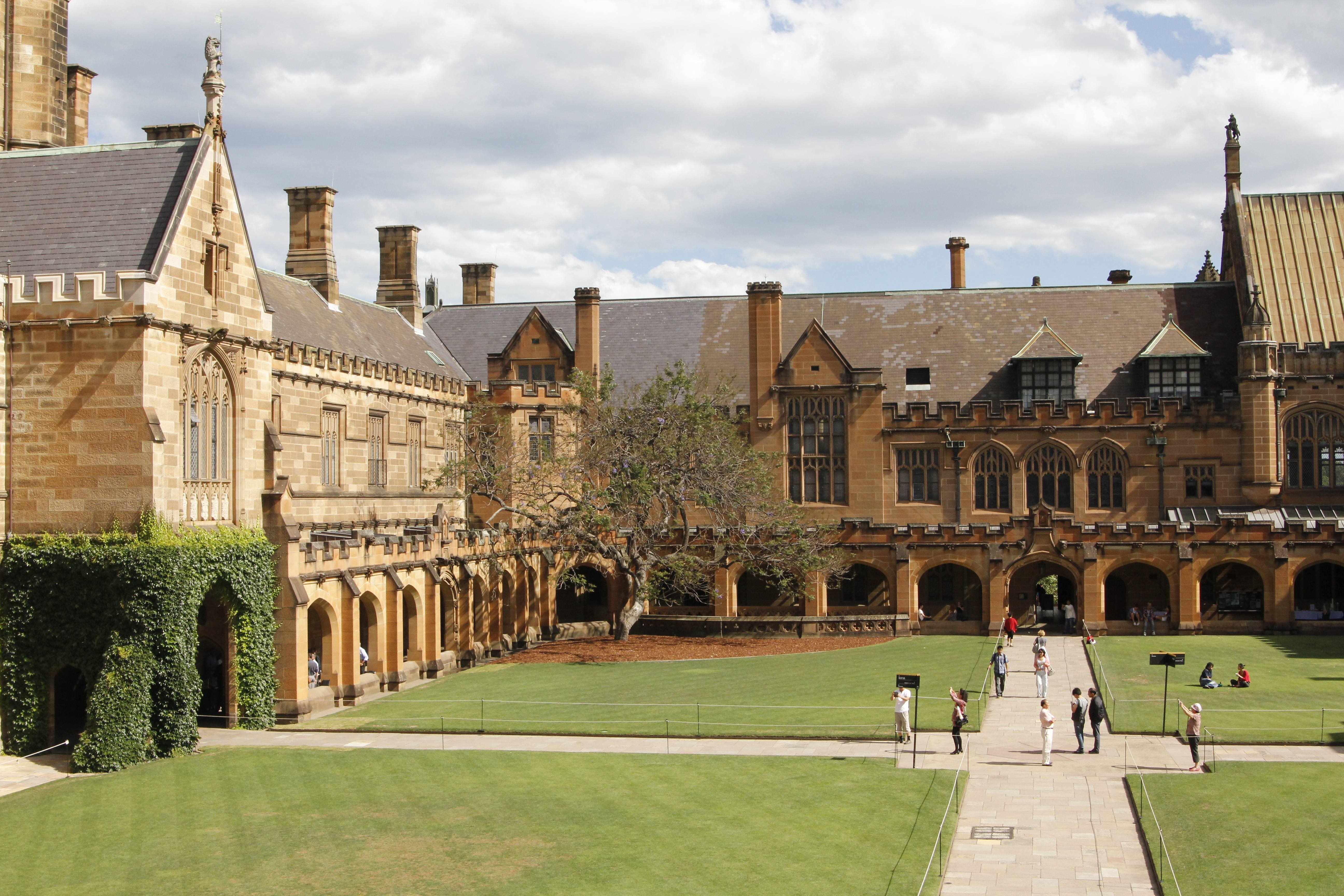

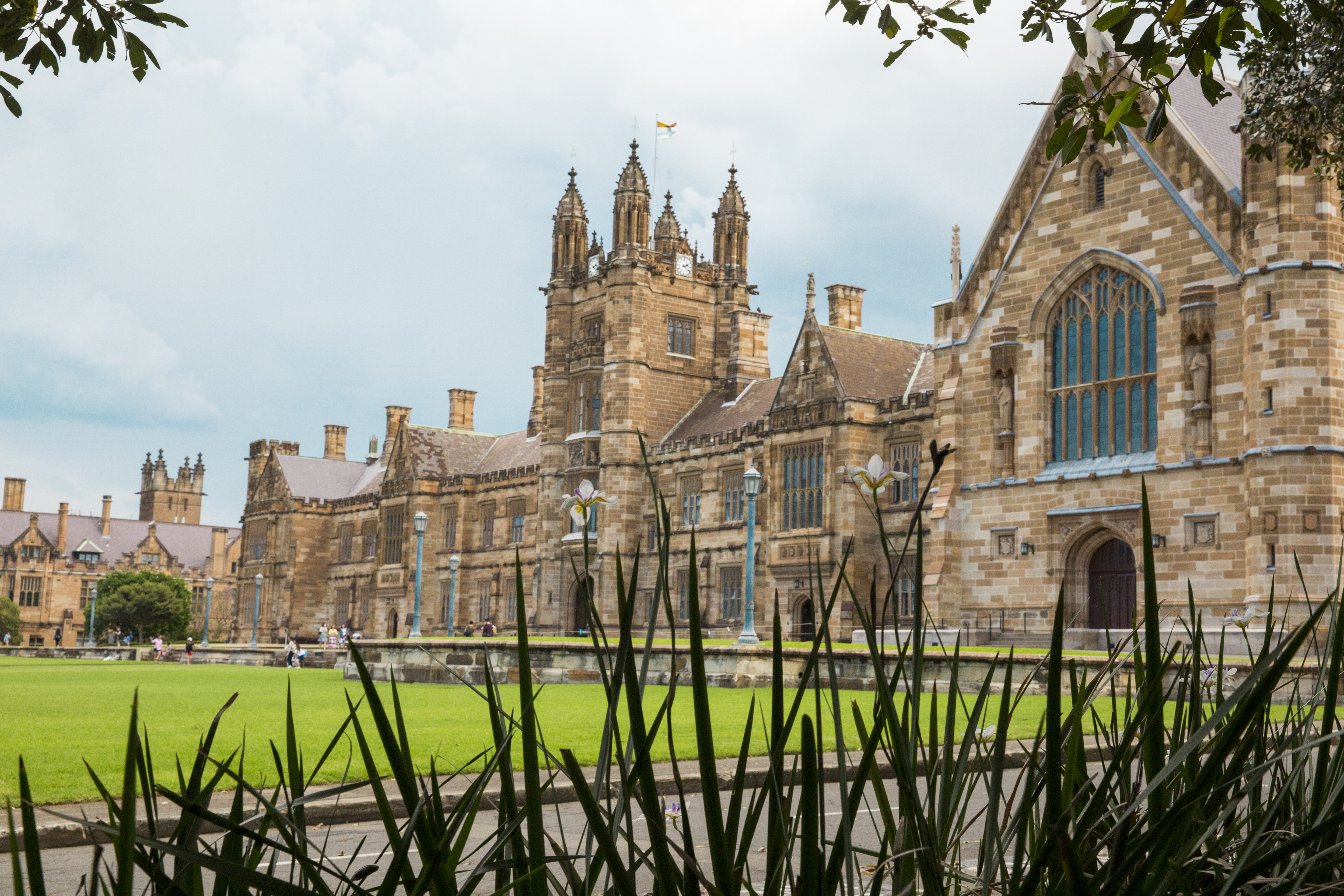



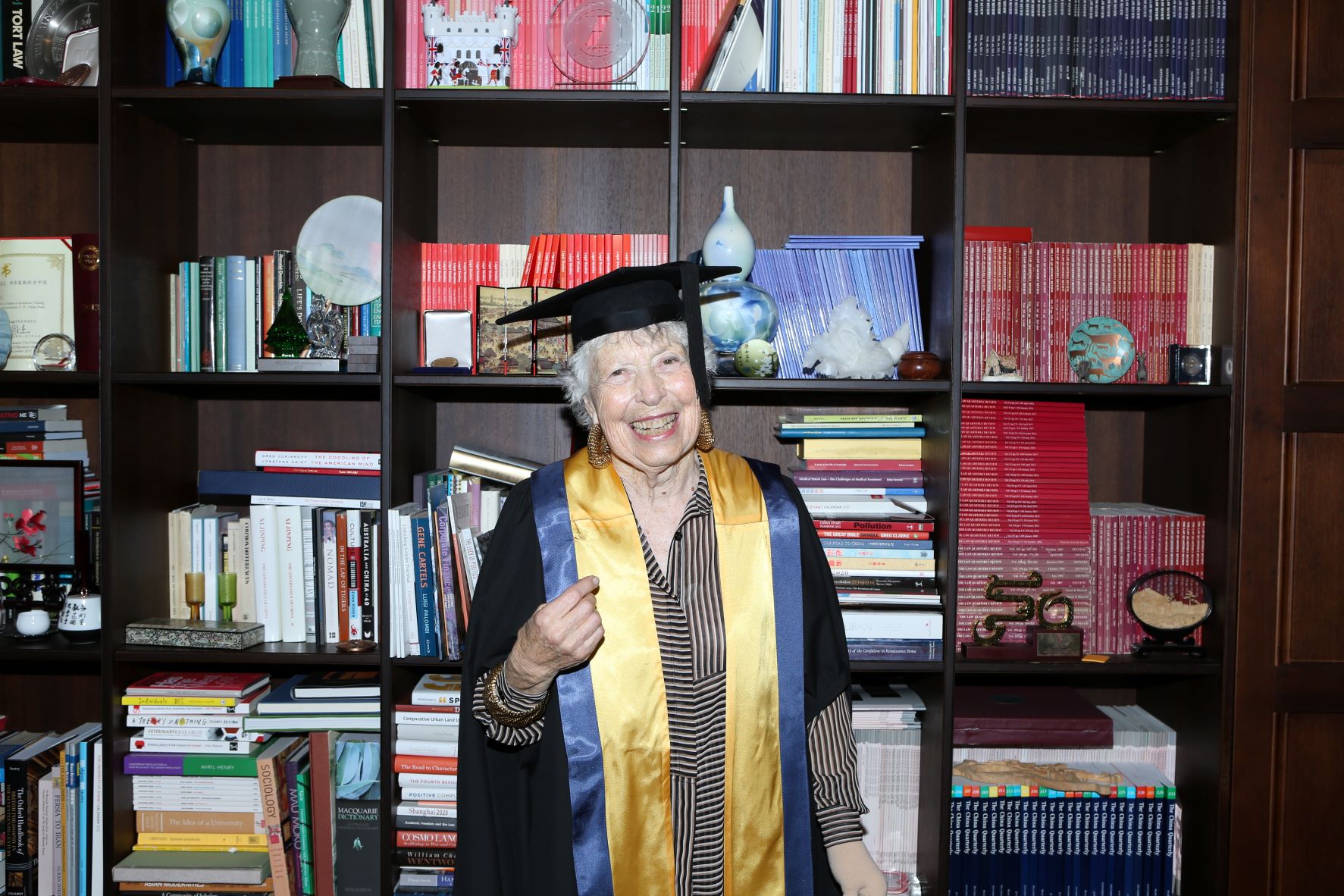
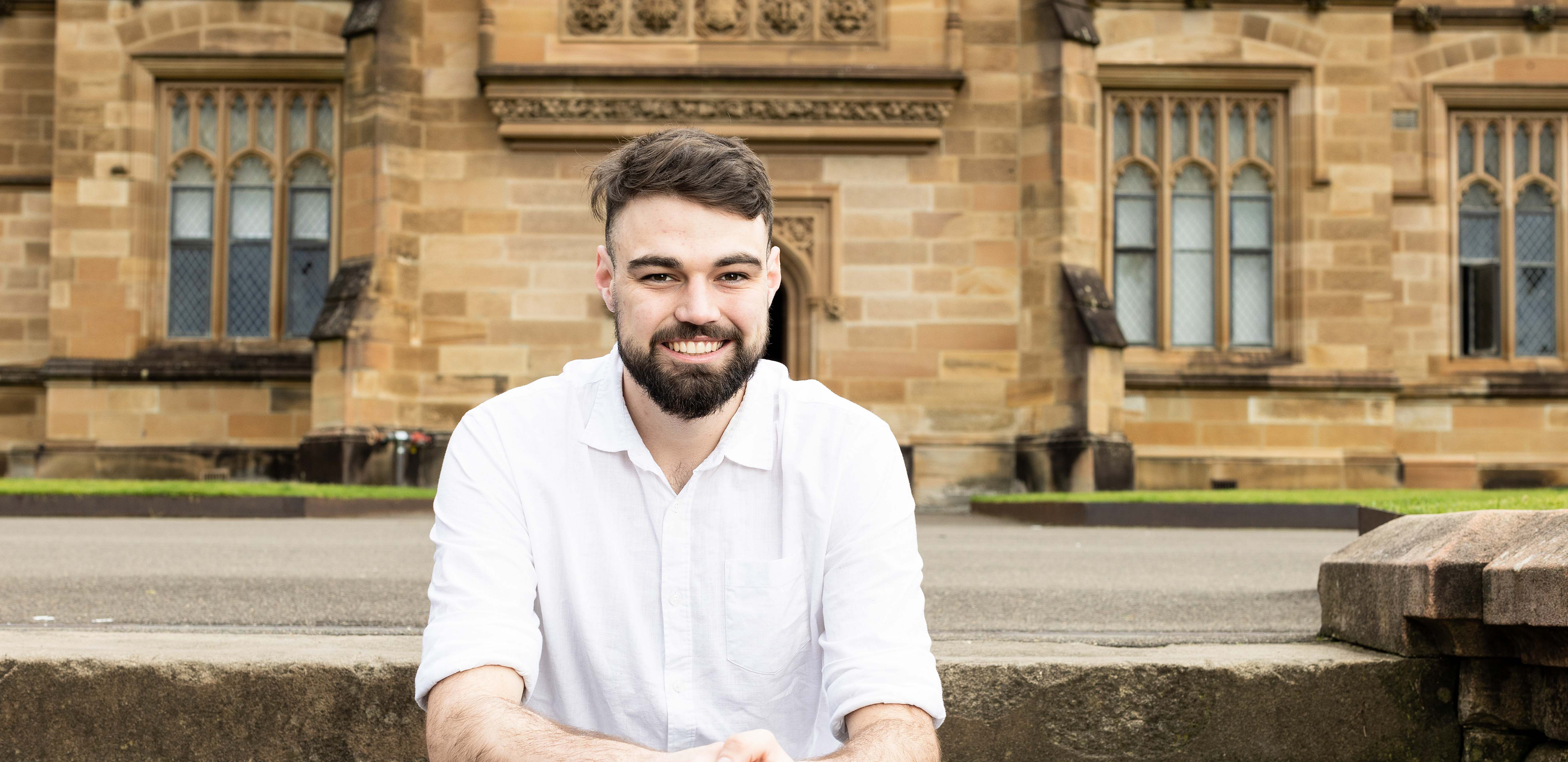

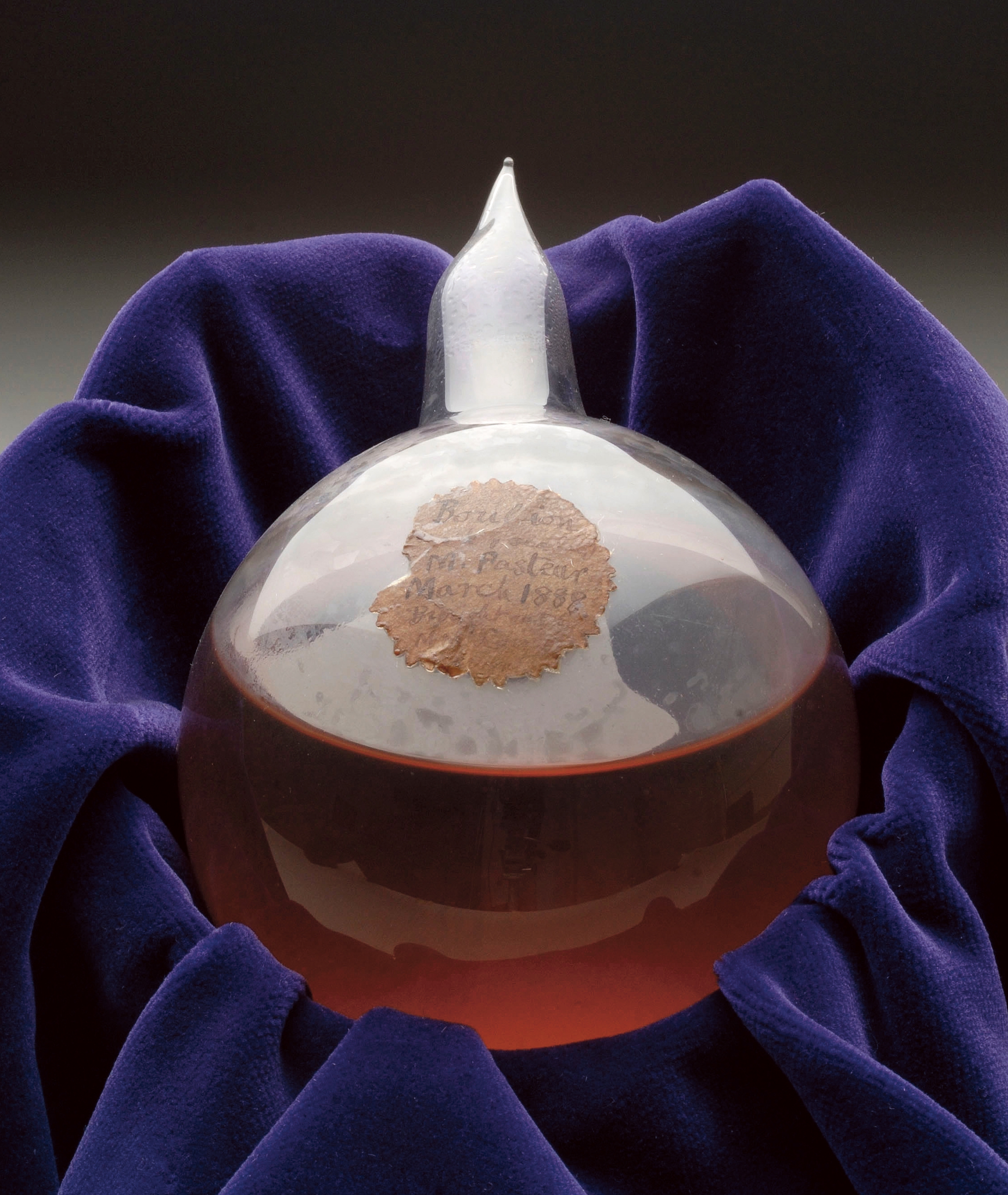


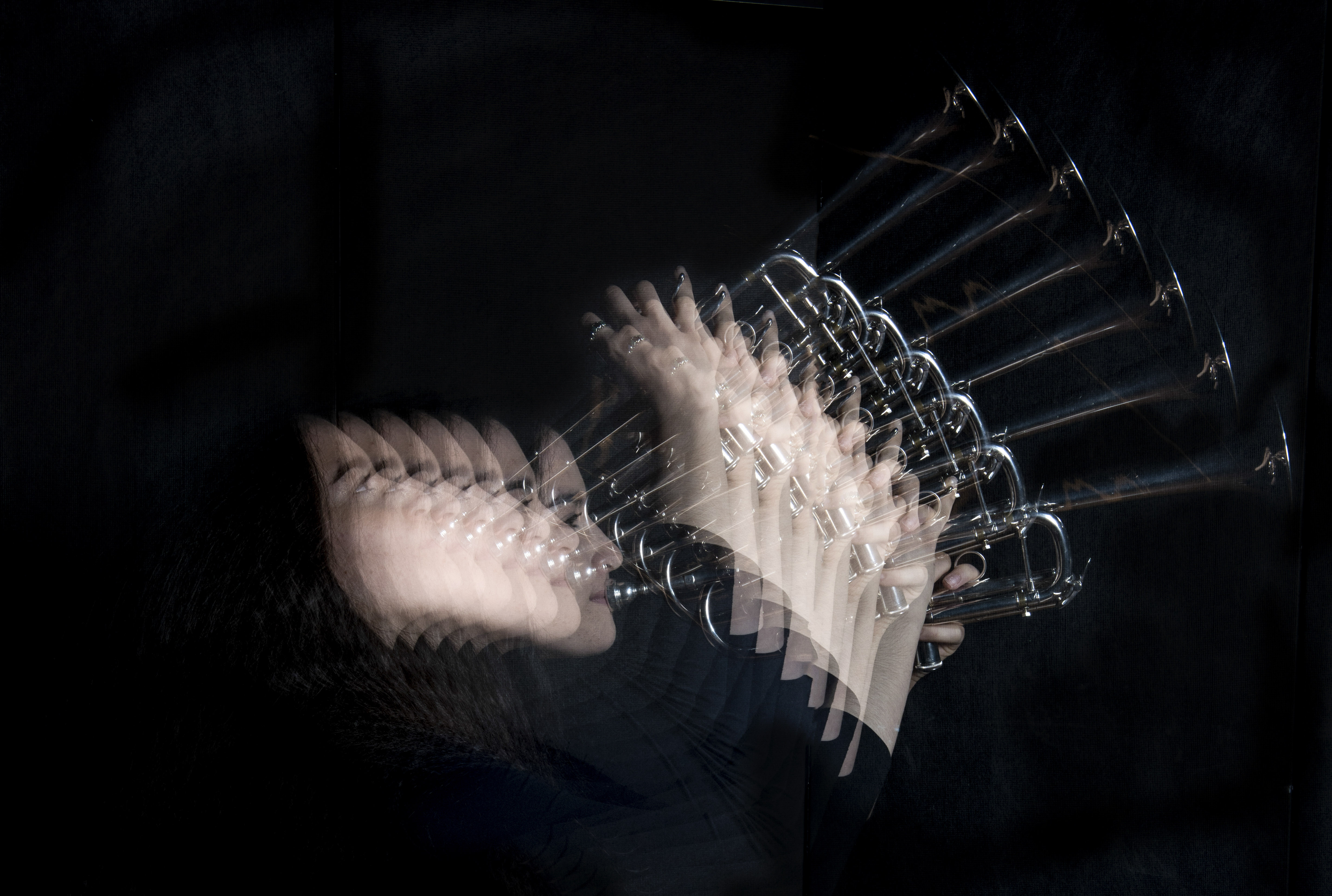
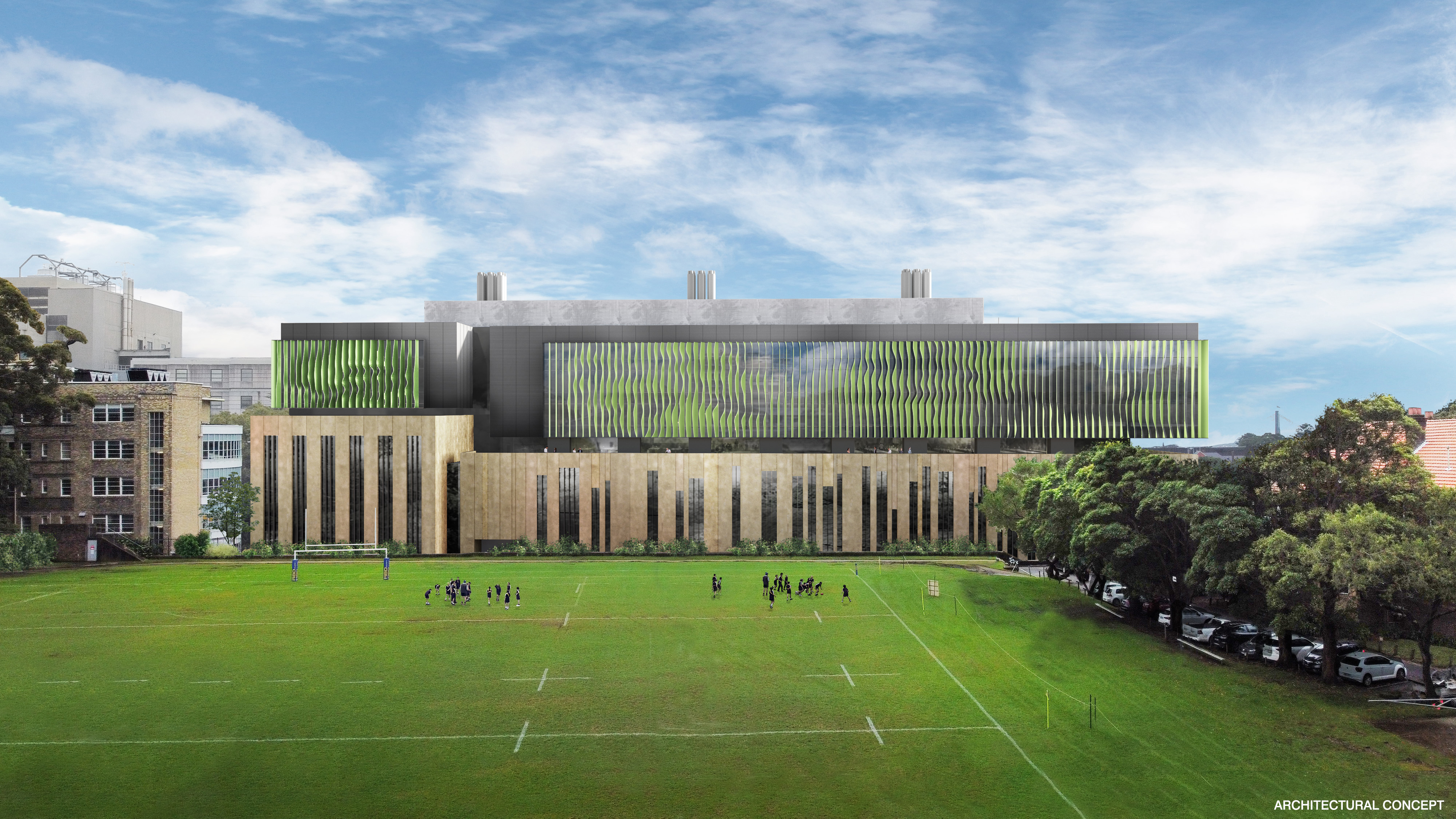
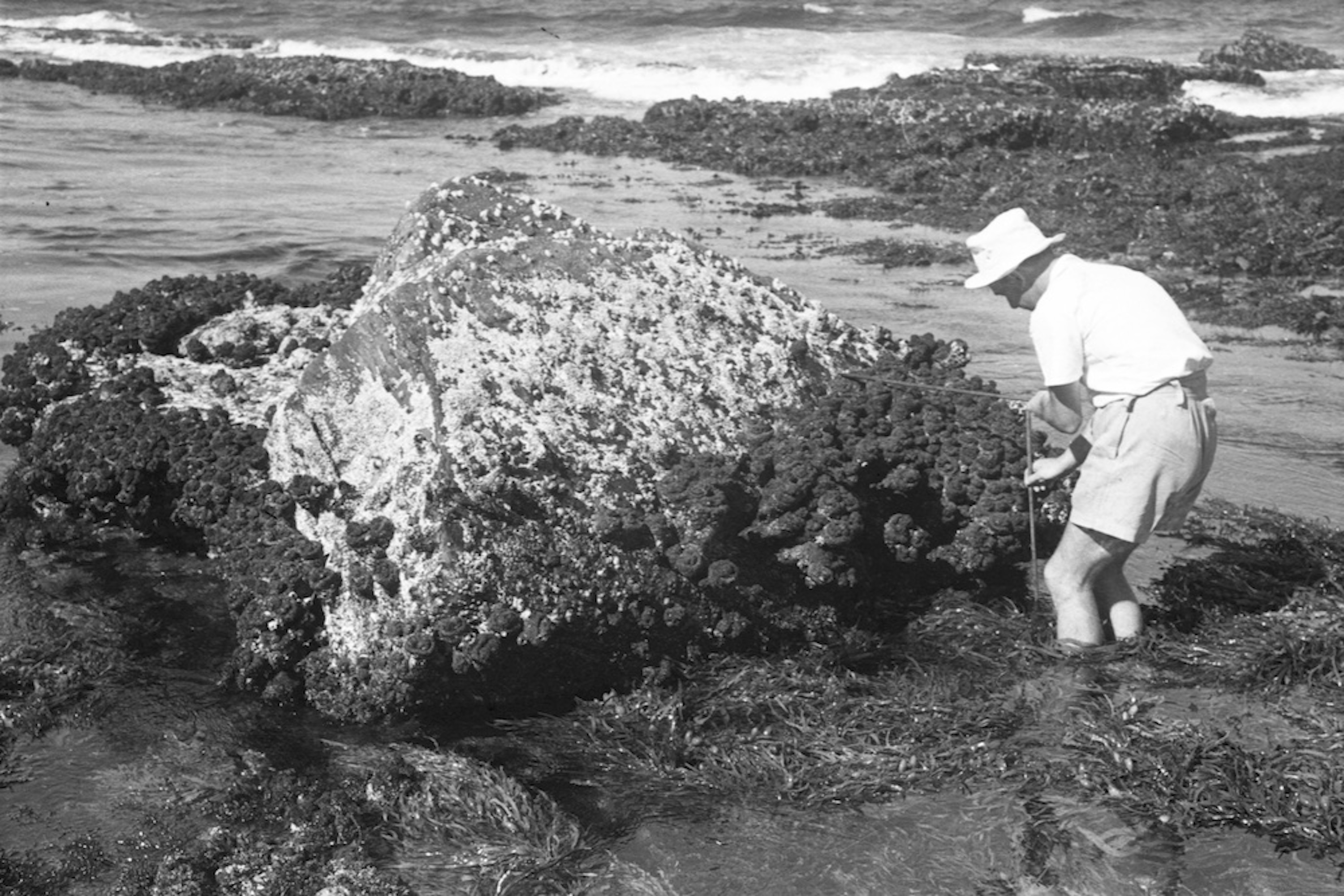

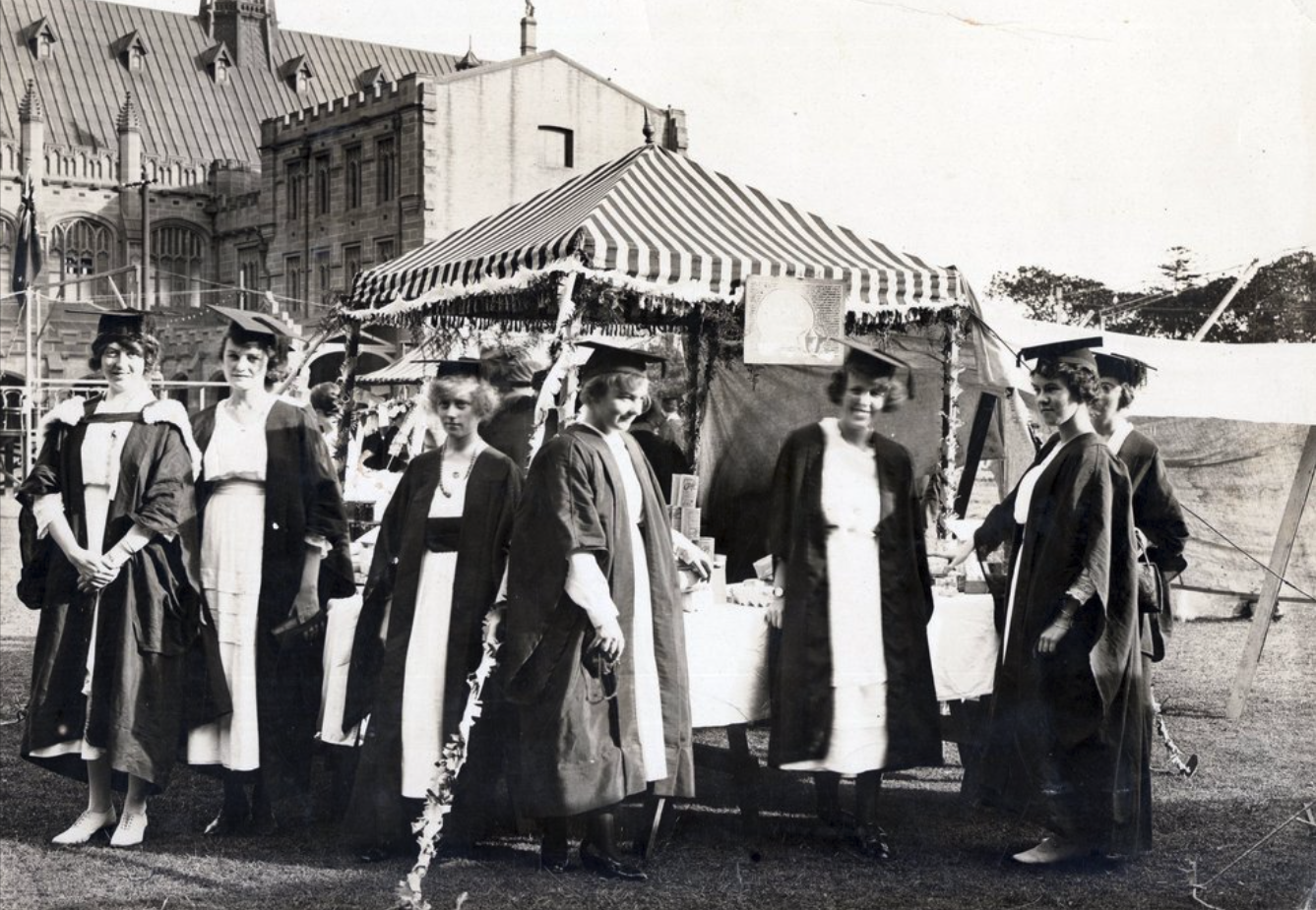

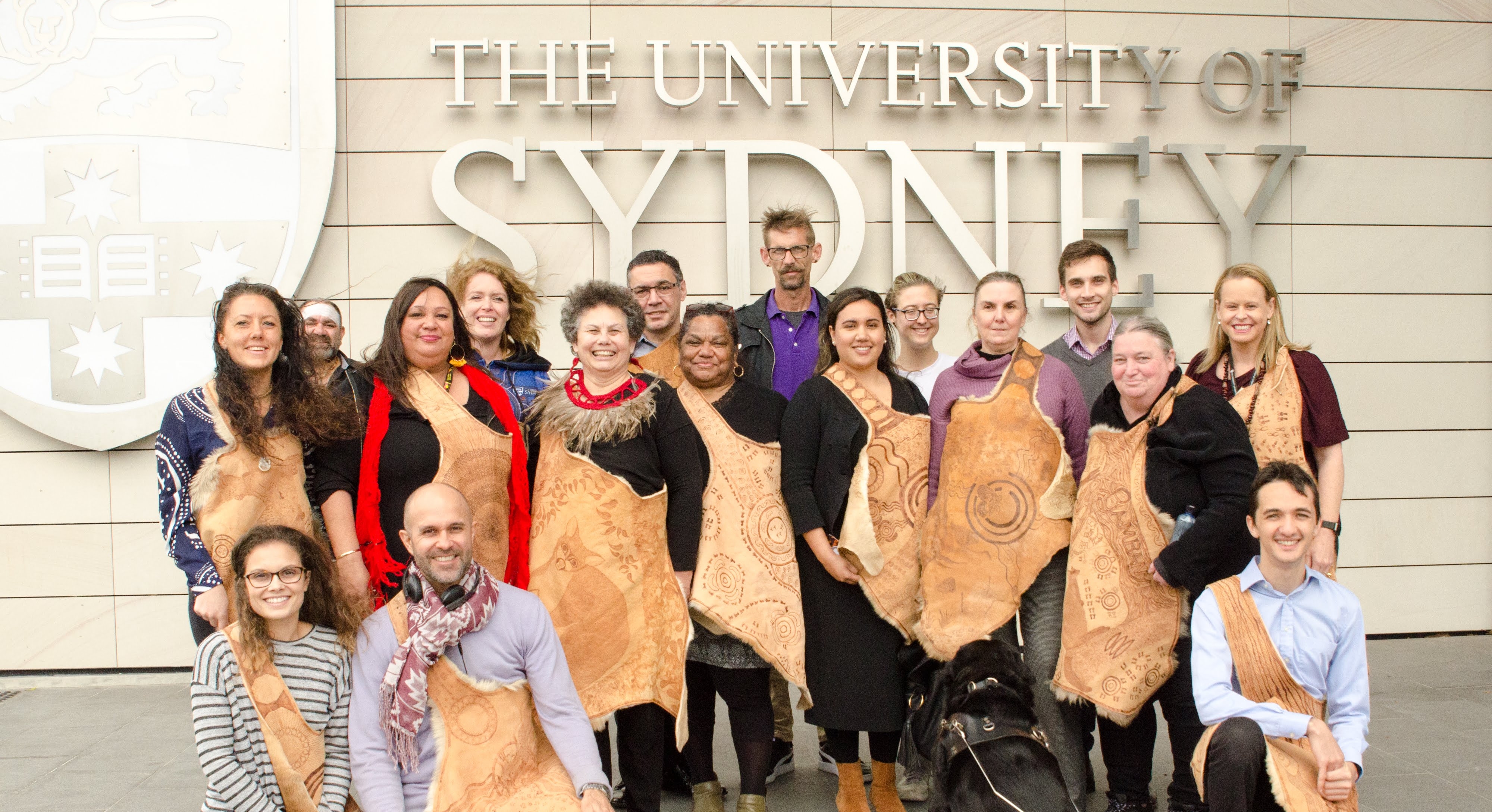

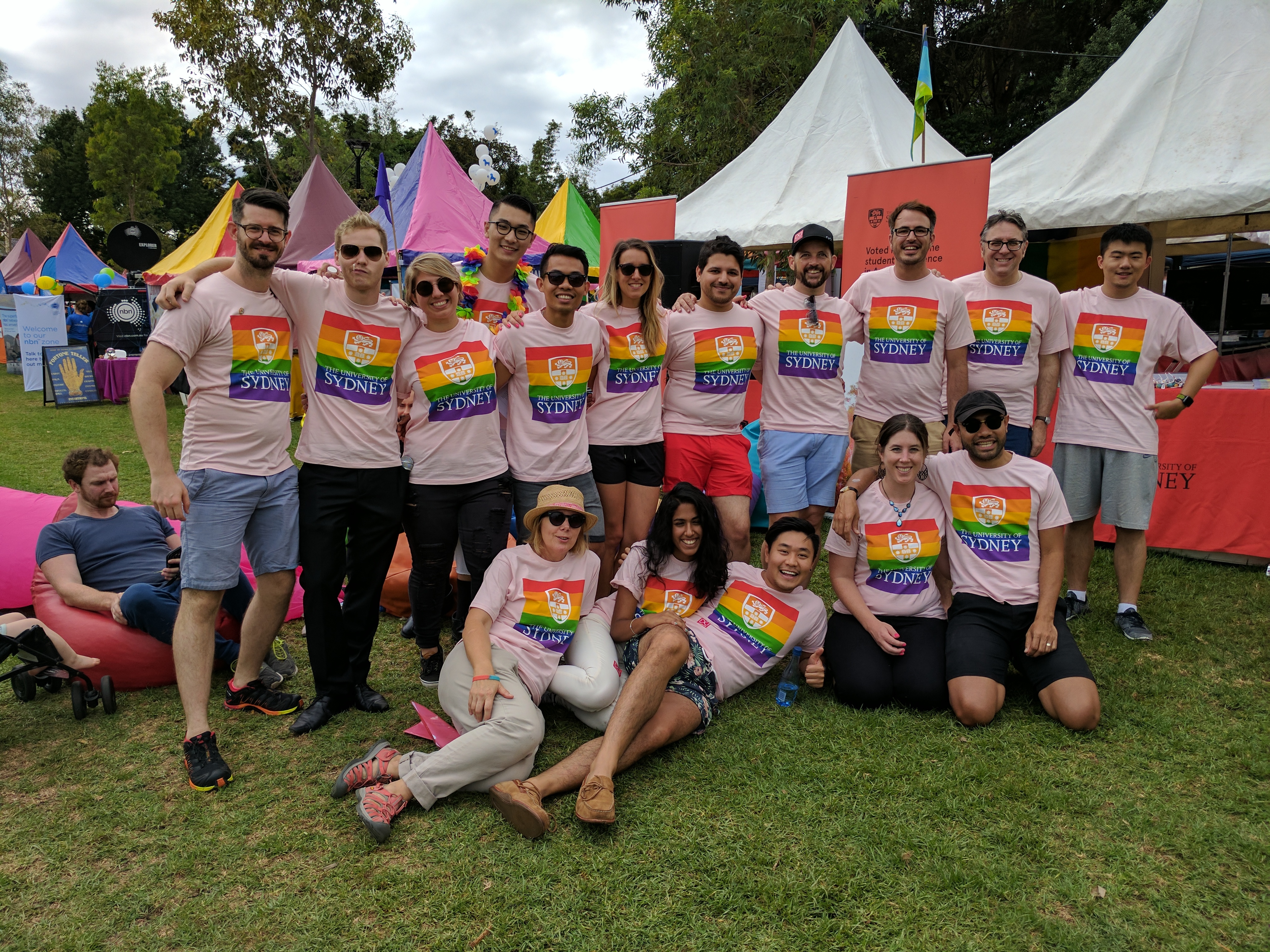


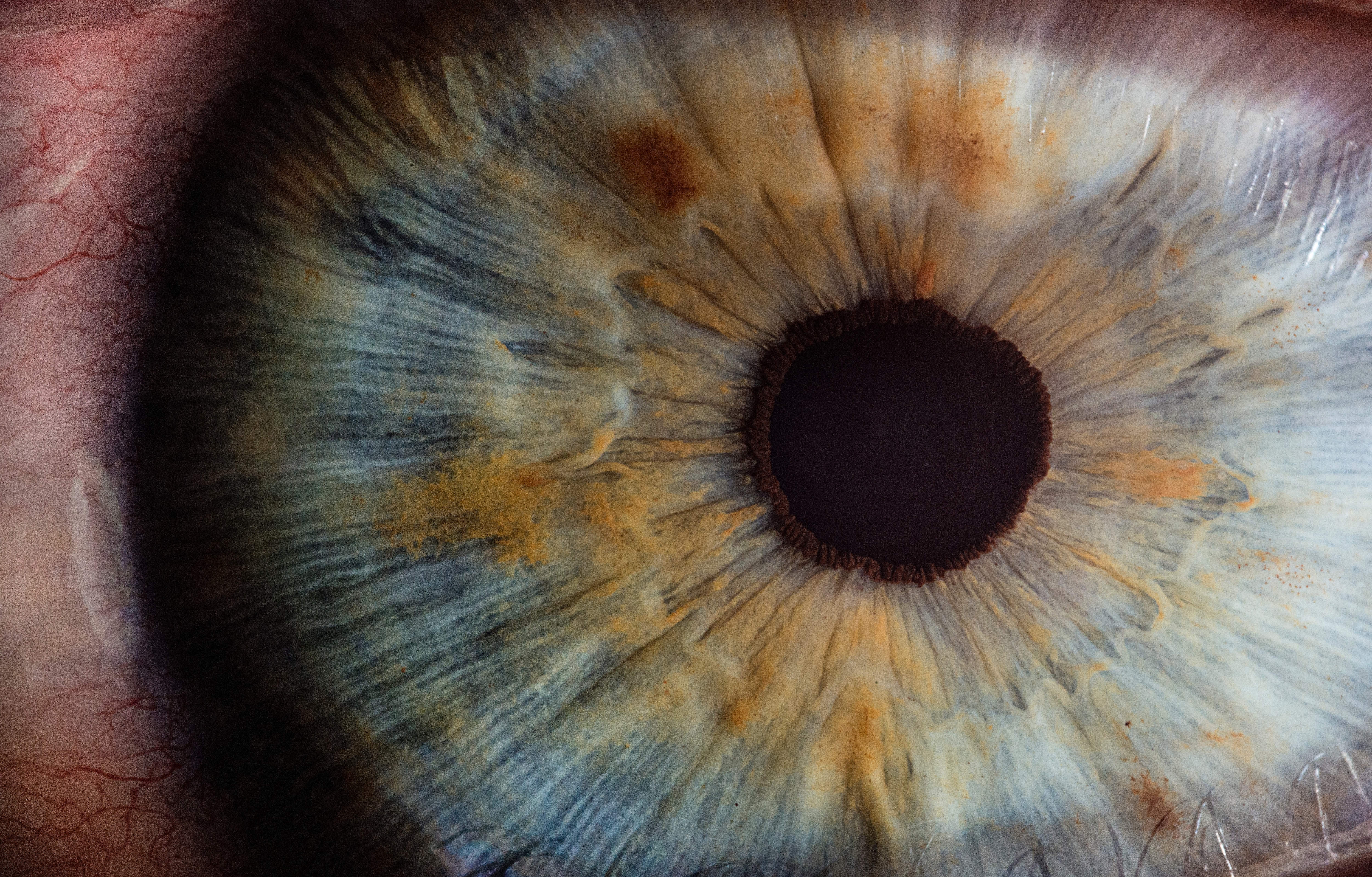



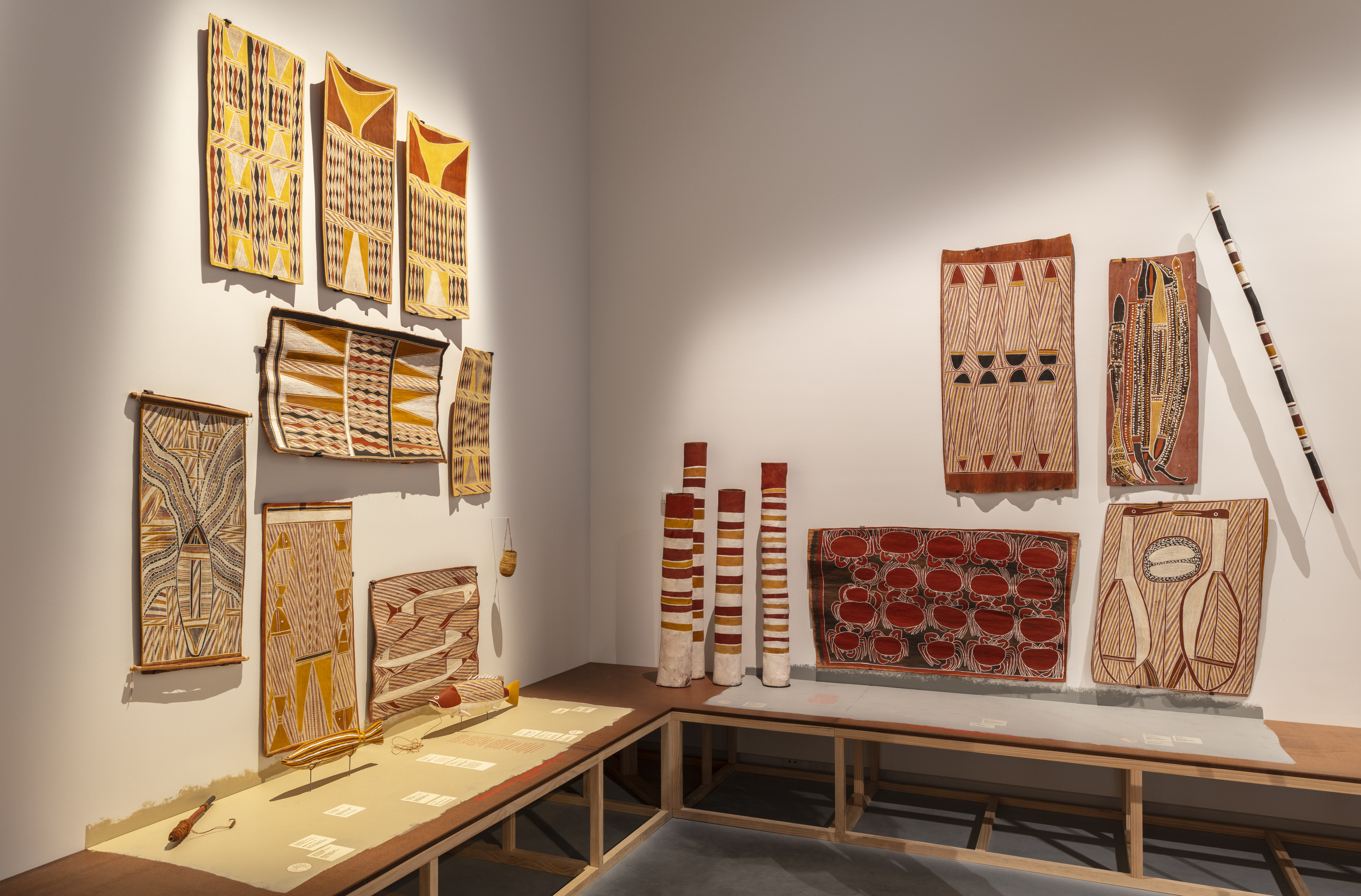
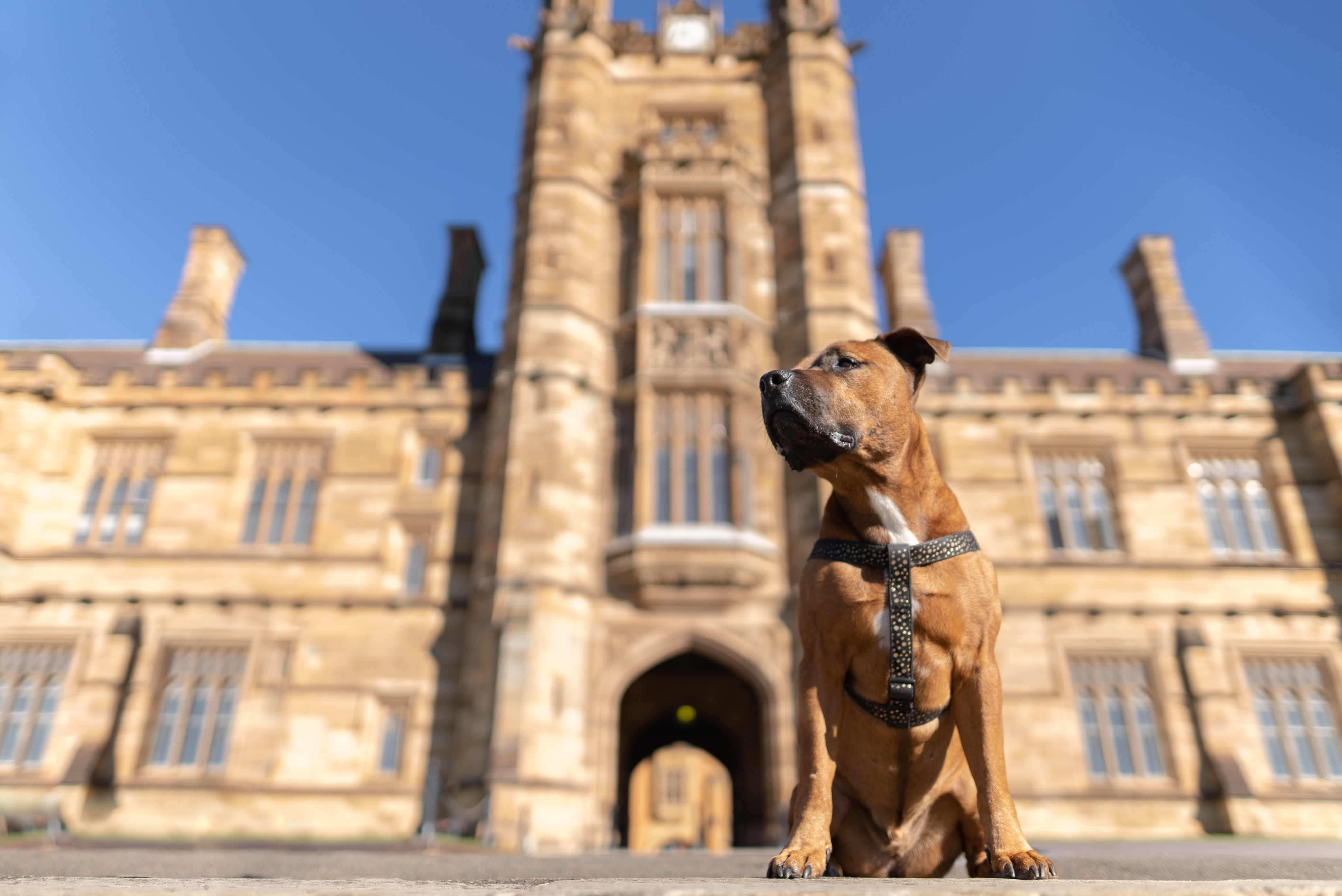
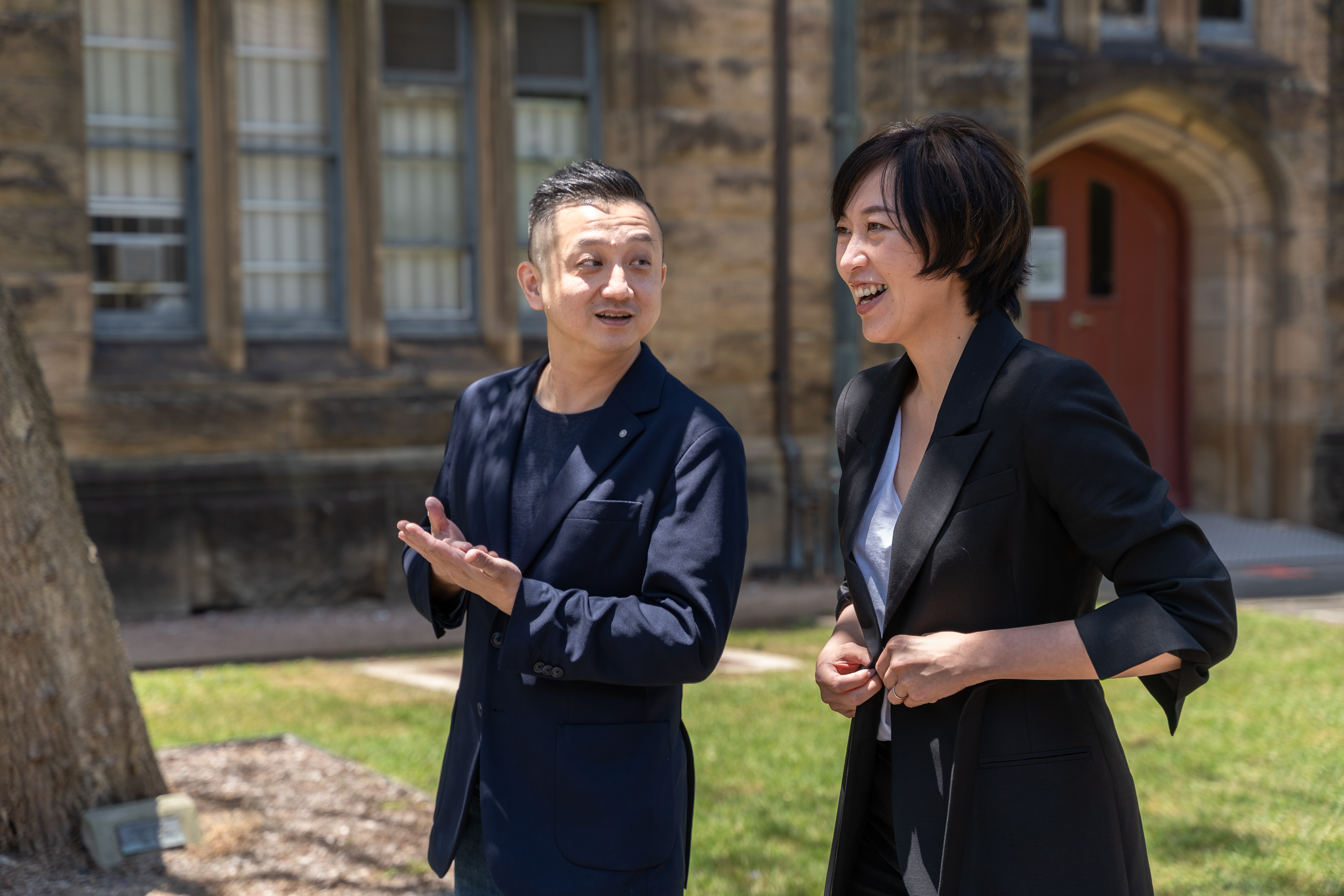



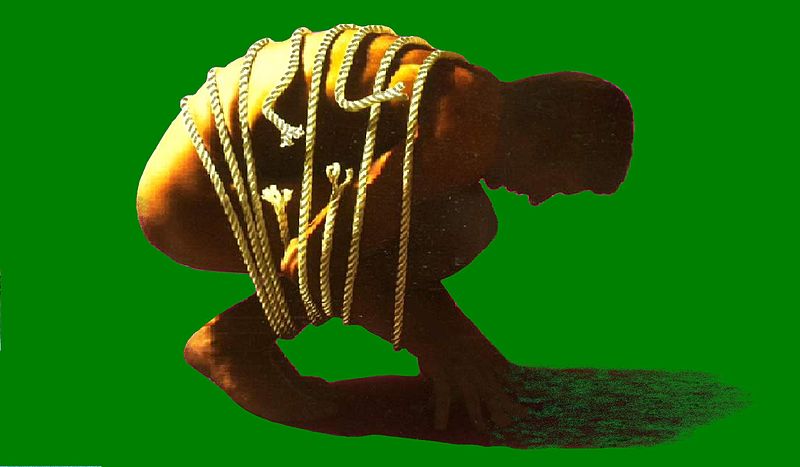

.jpg)

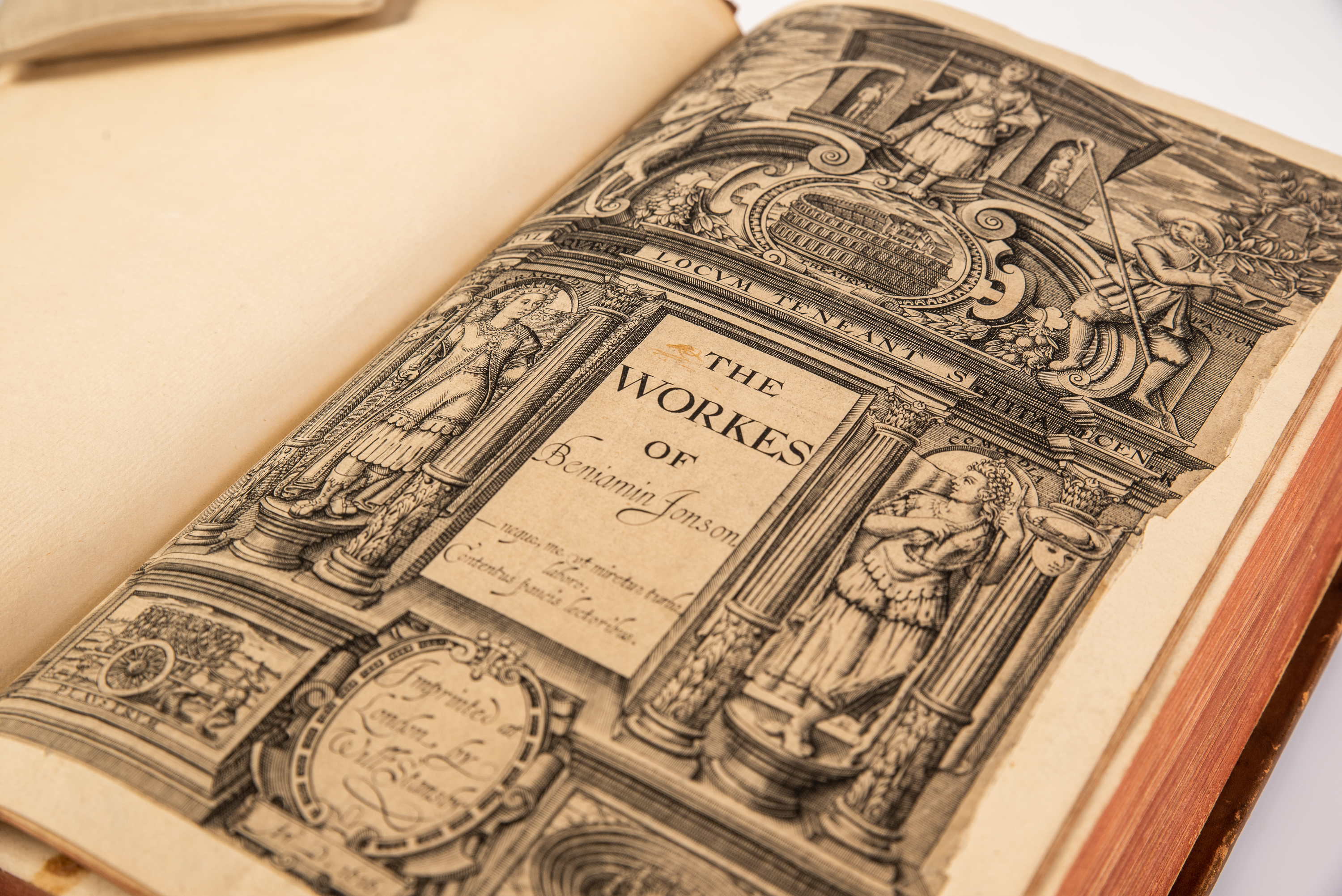
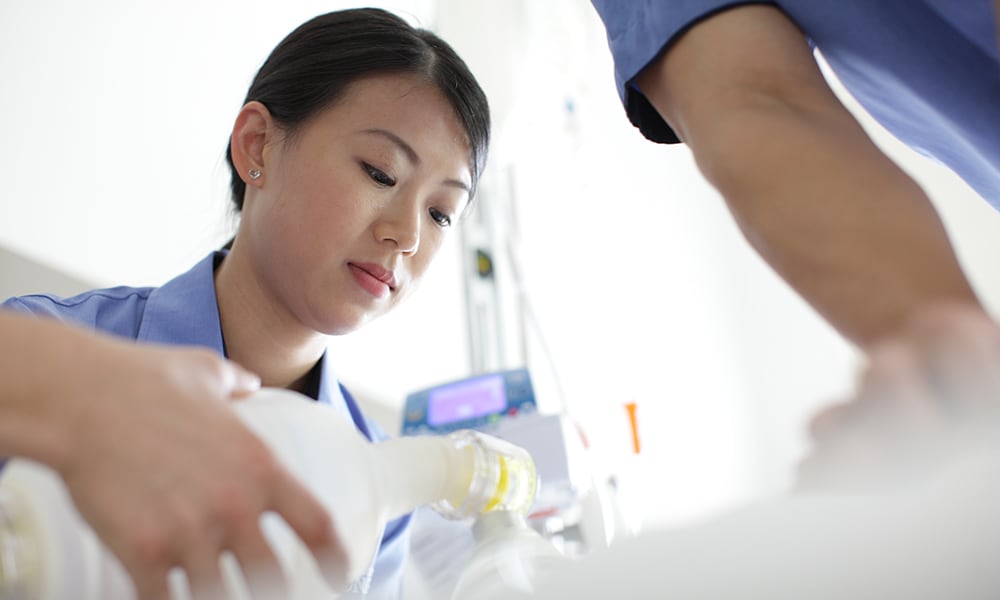


.jpg)

